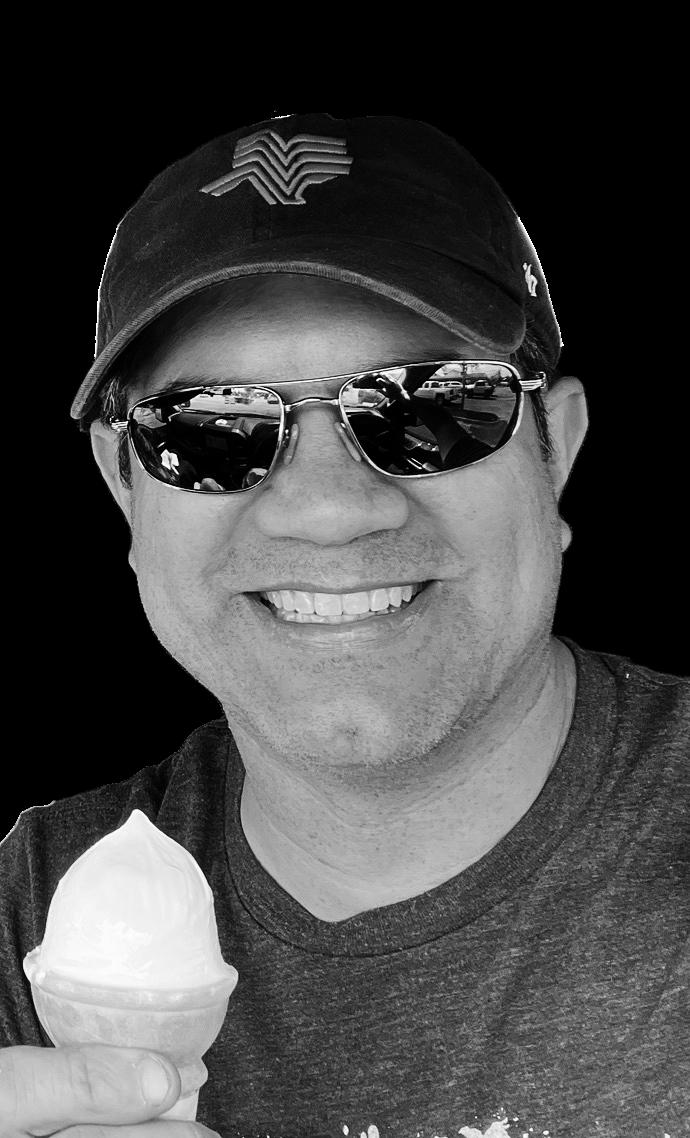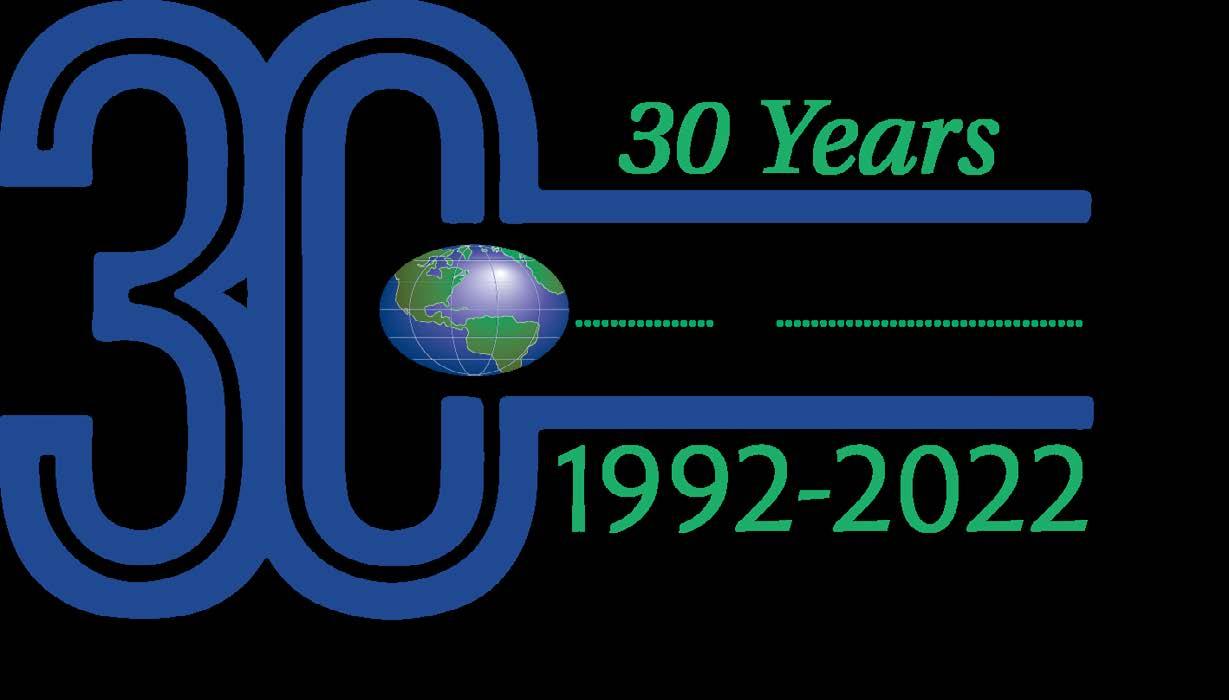



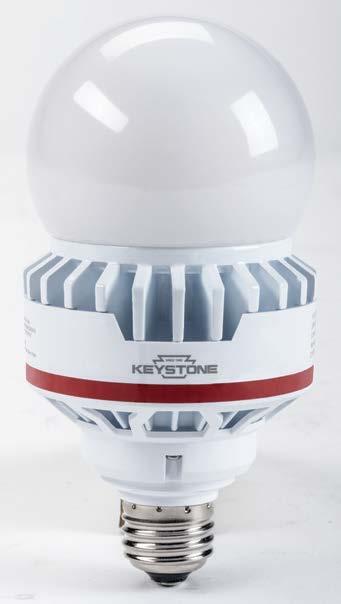







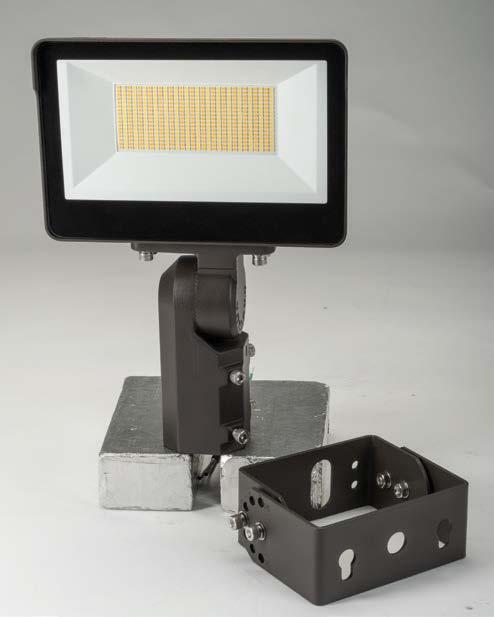














Shirley Coyle is an independent consultant and principal of Relevant Light. She has worked in specification sales and executive leadership roles for several lighting manufacturers over the past 30 years. Lighting Certified since 2000, Shirley is a Past President of the Illuminating Engineering Society (IES), and is active on several IES technical and service committees.
Mary Hollenbaugh, LC, is an Architectural Sales Manager from Healthcare Lighting and Luminaire LED, a part of Acuity Brands Lighting and Controls. She focuses on lighting solutions for Healthcare, Behavioral Health, Confinement, and Vandal-prone environments. She has been in the lighting industry since 2013, during the transition from CFL to LED. Mary’s best skill is her ability to “dig into” highly technical products, like GUV solutions, and present/train others in a fun and comprehensible manner. She holds a BA degree in Communications from Cal-State, Fullerton, and is an active member of IES.


George McIntyre is a Regional Renovation Manager with Acuity Brands Lighting and Controls. His 30-year career includes experience in the lighting, electrical and mechanical industries specializing in new technologies. George holds a BS degree in Mathematics from Northern Illinois University and an MBA from Indiana University’s Kelley School of Business.

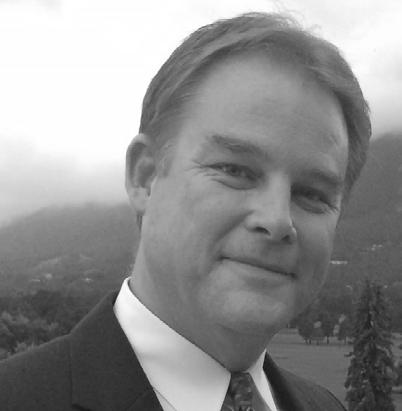
Brad Picht, LC, is the National Category Manager, Lighting for Graybar Electric where he maintains the national contracts and relationships with all the lighting suppliers that sell to the company, setting the tone and direction for lighting company-wide. Previously, he was in the national strategic accounts division, developing strategies to upgrade multi-state, multi-site facilities and large national accounts. Before coming to Graybar 10 years ago, Brad worked as a manufacturer’s representative in the St Louis area for 20 years.
Reid
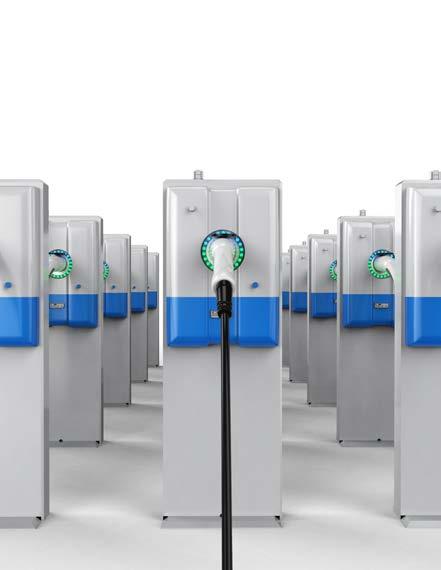
Smith
Angie Hullfish Art Direction
Morris
Parker Allen Brian Hullfish
Wright
Lighting Management & Maintenance (LM&M) publishes information for the benefit of its members and readers. The sponsor (NALMCO), publisher and editor of LM&M cannot be held liable for changes, revision or inaccuracies contained in the material published. For detailed information on the products, programs, services or policies covered, it is recommended readers contact the appropriate person, company agency of industry group.
LM&M is published by EdisonReport (ISSN pending). Statements and opinions expressed in articles and editorials in LM&M are the expressions of contributors and do not necessarily represent the policies or opinions of the EdisonReport. Advertisements appearing in the publication are the sole responsibility of the advertiser.



American-made hybrid UVC air and surface technology provides safe and effective automated pathogen disinfection. UVC air purifier provides quiet air cleaning during occupancy while whole room UVC lighting provides comprehensive airborne and surface level treatments during periods of vacancy. Designed for offices, schools, universities, retail applications, and other commercial spaces.
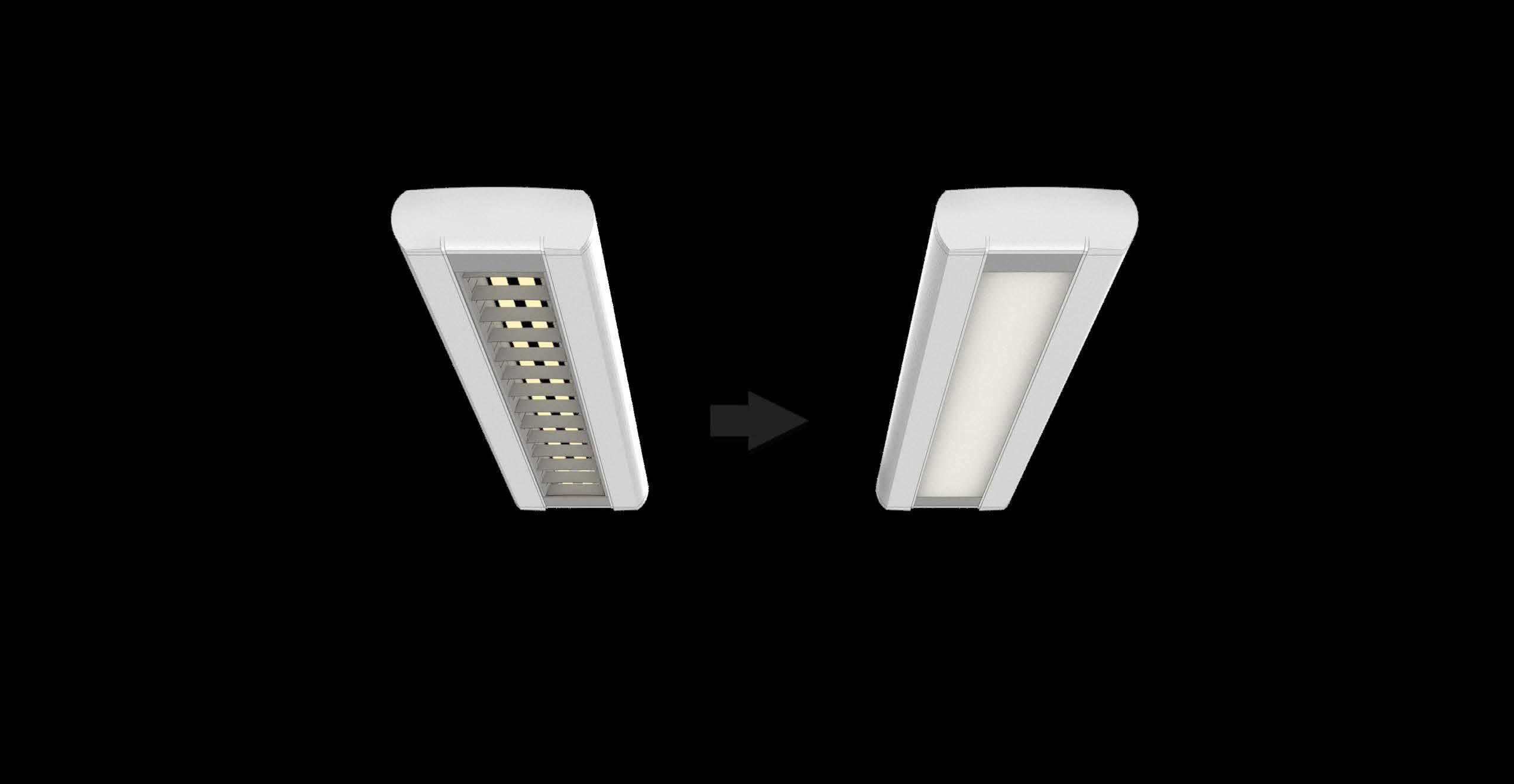
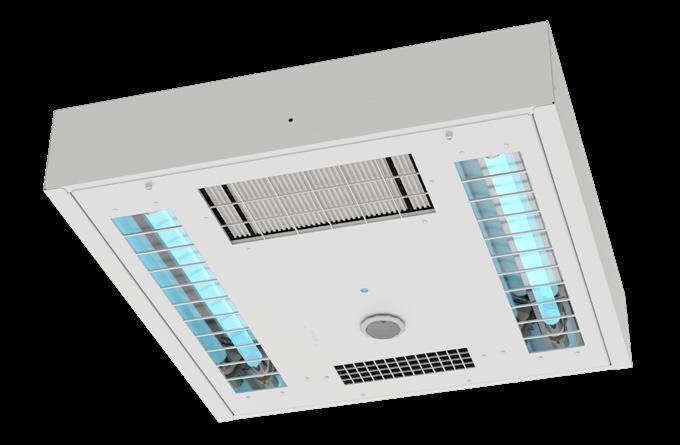
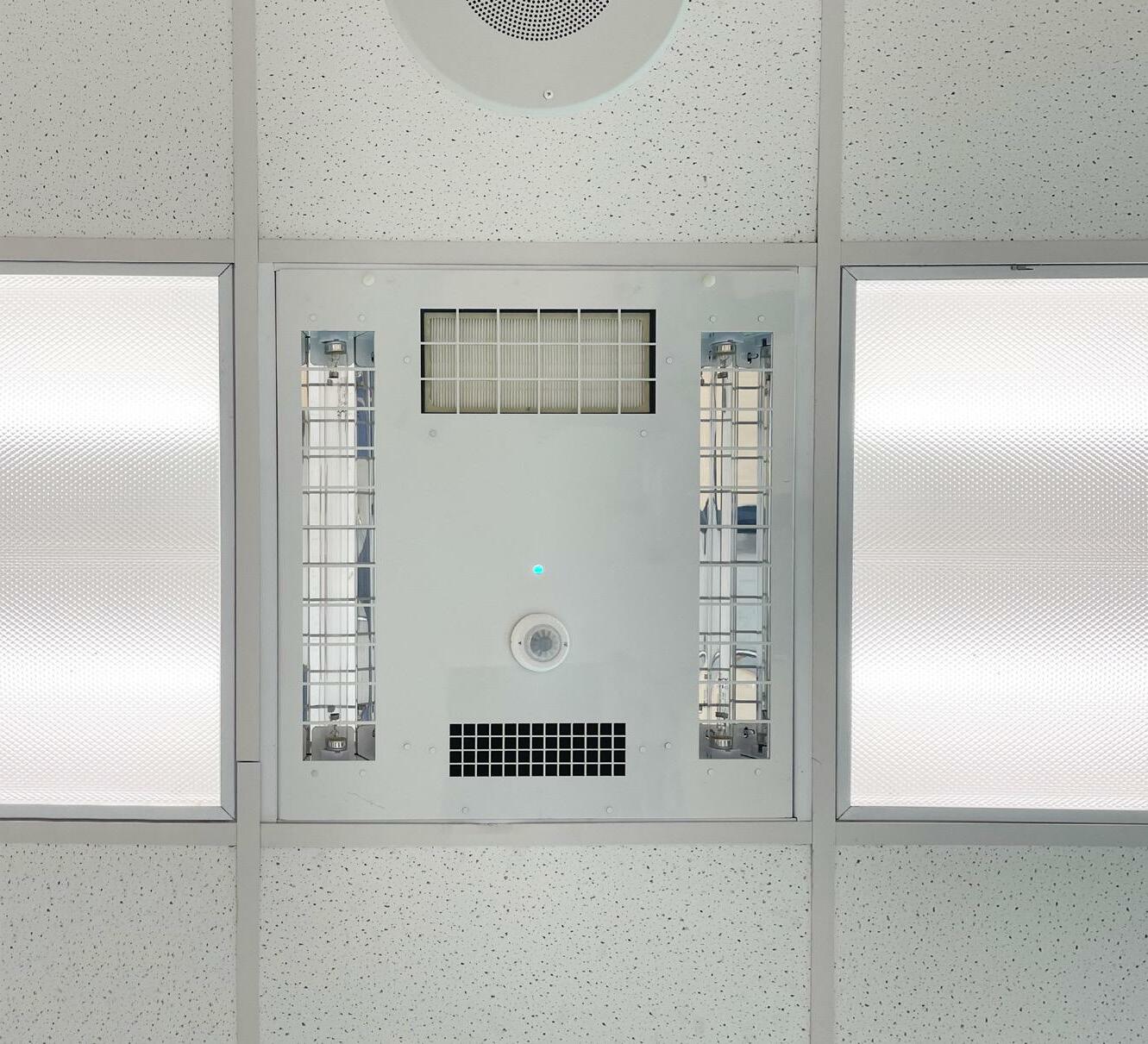
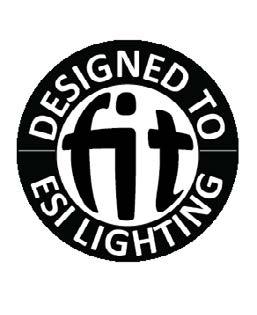


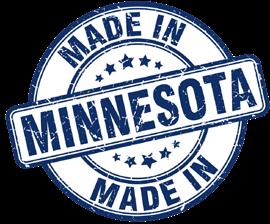


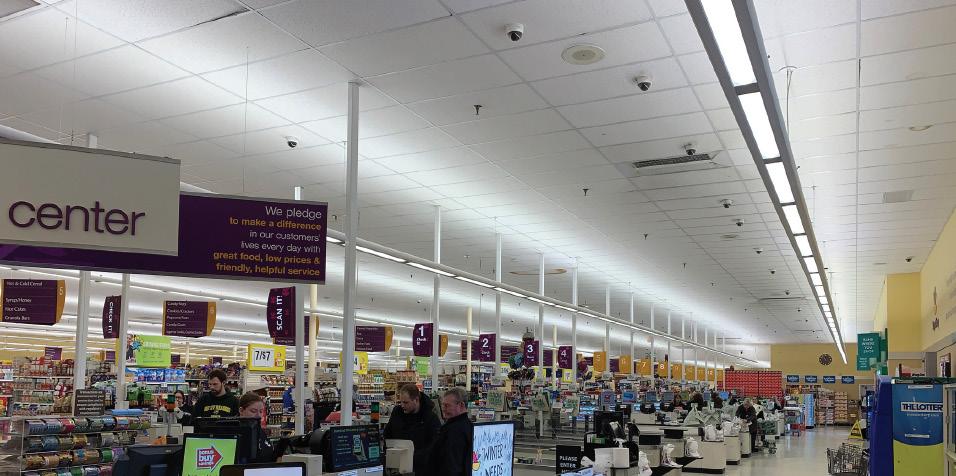





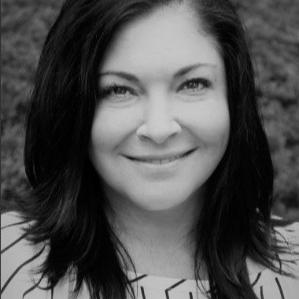




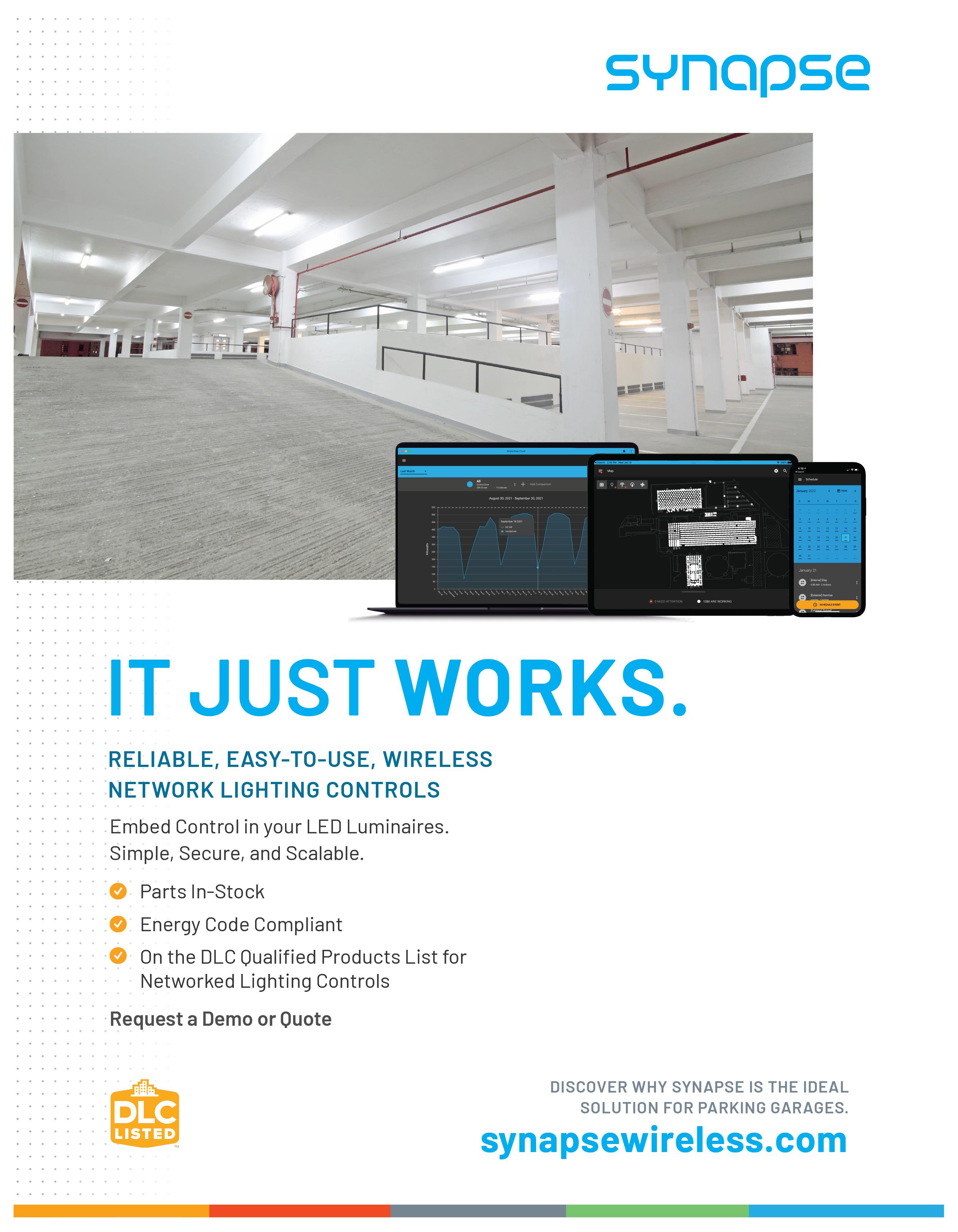
city-wide retrofit
burgeoning electric vehicle market presents an
for
lighting industry.
lighting controls offer the chance to improve learning environments.
comprehensive discussion of germicidal UV lighting technology.
Supply Chain Update: Railroad Strike Averted, For Now
By Jacob WrightNALMCO Annual Convention and Trade Show
News:
Certificates
Close with Frank Agraz Ad Index






I I hope this message finds you well and you are enjoying the final days of summer. As the days get shorter and the temperatures start to fall, it could only mean one thing: the NALMCO Annual Convention and Trade Show is right around the corner. This year, we will be gathering as a group in Glendale, Arizona, to collaborate, engage, learn, network and have a bit of fun.
SCOTT MENDELSOHN, CLMC
The road to putting the 69th NALMCO Annual Convention together was a multi-front effort led by the NALMCO Board of Directors. My belief is that it takes a village to make an event like this come together, and this year is no exception. First and foremost, I would like to thank the Program Committee, led by Monica Kristo and Pattie Cagle, for their incredible leadership, drive, and countless hours making this conference the wonderful experience that it is. Their dedication to these NALMCO events is astounding, and the fruits of their labor can be seen throughout the organization. I also want to thank the Communications Committee, led by Rob Wilson and Lisa Orloff, for their efforts in helping promote this and all NALMCO Events. Finally, none of this could be possible without the leadership of Jessica Thornton, NALMCO’s Executive Director, and Kerigan Hunziker, NALMCO’s Meeting Planner.
The amount of time, effort and consideration that go into crafting the agenda for the NALMCO events is paramount in order to offer our attendees a valuable and educational experience. Our goal is for everyone to return home with new ideas and ways to improve their own businesses, and this year we have several speakers, topics and panels lined up that exemplify this objective. Economist Chris Kuehl will begin the program with an economic update, which always provides valuable insights along with some laughs. We will then be featuring a panel led by industry experts to assist attendees in understanding the countless opportunities surrounding the Electrical Vehicle Charging vertical. I personally believe this to be an incredibly valuable topic for our members, as we are already seeing the potential benefits of adding this to our current business offerings. Our agenda on Tuesday will feature a speaker on personal well-being, as well as a presentation by the US Secret Service on ways to avoid falling victim to cybercrime. We wrap Tuesday’s program with a Labor and Supply Chain discussion, again led by industry experts. This agenda and the accompanying events would not be possible without the many sponsorships from our incredible associate members. We appreciate your continued support of NALMCO!
While attending the conference, I strongly encourage you to stop by the NALMCO Certification booth. Here, we will be offering information and materials regarding the many certifications that NALMCO offers. These certifications are one of the main pillars of NALMCO and make our organization stand out in the lighting industry. In recent months, the Certification Committee, led by Brian Baker, has done an incredible job updating and maintaining these offerings. Most specifically, the “new and improved” CLMC is available, and several additional certifications are in the process of updating.
Finally, I’d like to remind everyone that NALMCO will be hosting two exciting events coming up in 2023. From March 7th-9th, 2023, we will be holding our Annual Spring Seminar in Indianapolis, Indiana, hosted by LEDVANCE. This will feature a multitude of learning labs along with several key industry speakers. Next up, from October 8th-11th, we will hold our Annual Convention and Trade Show in Palm Springs, California, to celebrate NALMCO’s 70th year. Both events promise to be exciting and bring tremendous value to our General and Associate Members.
Thank you for taking the time to read this edition of LM&M. Wishing the very best to you and your family.

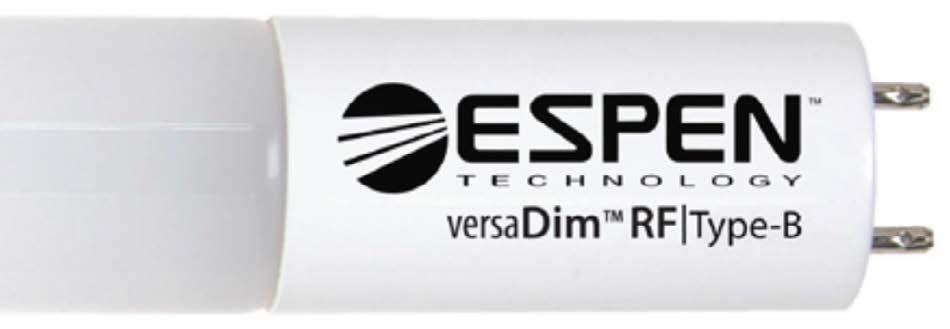
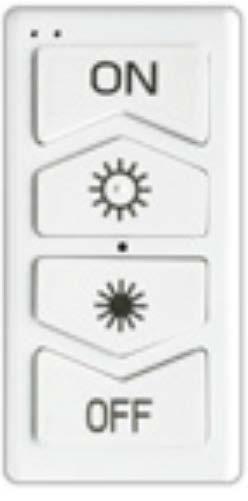


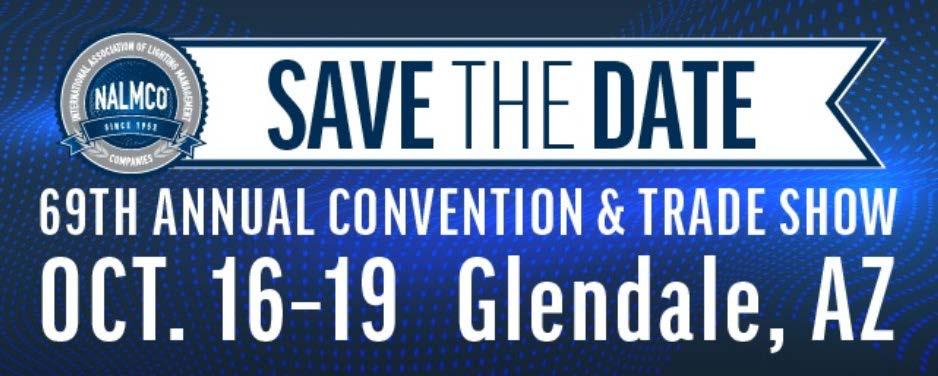
From the EDITOR
I have been counting down the days to the annual convention and am so looking forward to networking with guests and members alike.
This is your conference and LM&M is your magazine.
As your new editor, I look forward to meeting you and understanding what content serves you best.
We won’t avoid the tough subjects. If there is a controversial topic, let’s have that discussion in LM&M.
July was the relaunch issue and we have received great feedback. LM&M now delivers 6,876 subscribers. By the 2023 convention date, our goal is 10,000+.
LM&M is regularly published in digital format. For the 2022 convention issue, we are also publishing in hard copy printed format for bonus distribution on the show floor.
In addition to sharing industry best practices, we are always researching how to best support members grow their business. In this issue, we focus on a new opportunity for NALMCO members.
Lighting Industry associations rarely recognize projects based on retrofits. In 2023 that changes. The National Lighting Bureau (NLB) is launching a standalone retrofit award in concert with their Tesla Awards™ program.
More details to come in 2022, however, Mary Beth Gotti, NLB chair sent the first draft of the Awards criteria.
The NLB defines retrofits as projects involving minimum alteration of existing buildings. The judging committee will consider:
• Improvement in lighting quality (before and after light levels/uniformity, glare control, color enhancement, post-installation occupant surveys)
• Energy effectiveness (including controls strategy)

• Transferability (how easily can the design be applied across similar applications)
• Sustainability (ease of maintenance, user interface effectiveness, use of recycled materials for product and packaging or materials that can be recycled)
Special credit points can be earned at judges’ discretion for budget, timing, location challenges/ limitations, and social benefit (community impact, pro bono projects, historic preservation.)
Traditional lighting award competitions often focus on high profile projects utilizing professional and expensive photography. That isn’t required for the Tesla Awards. You can simply enter photos from your cell phone.
Manufacturers, distributors and contractors are all eligible to submit.
We will keep you posted as the NLB finalizes criteria, and we’ll lobby other organizations to include retrofit awards in their programs as well.
I welcome your feedback and letters to the editor.

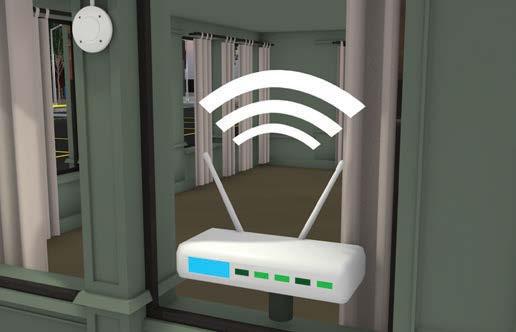

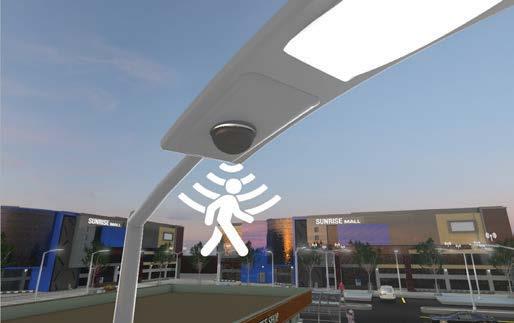
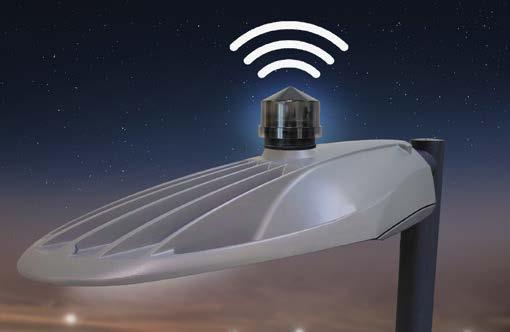
When it comes to advanced lighting and dimming controls for parking lots and other large exterior applications, a WALI™ System from Sunrise Technologies is second to none!
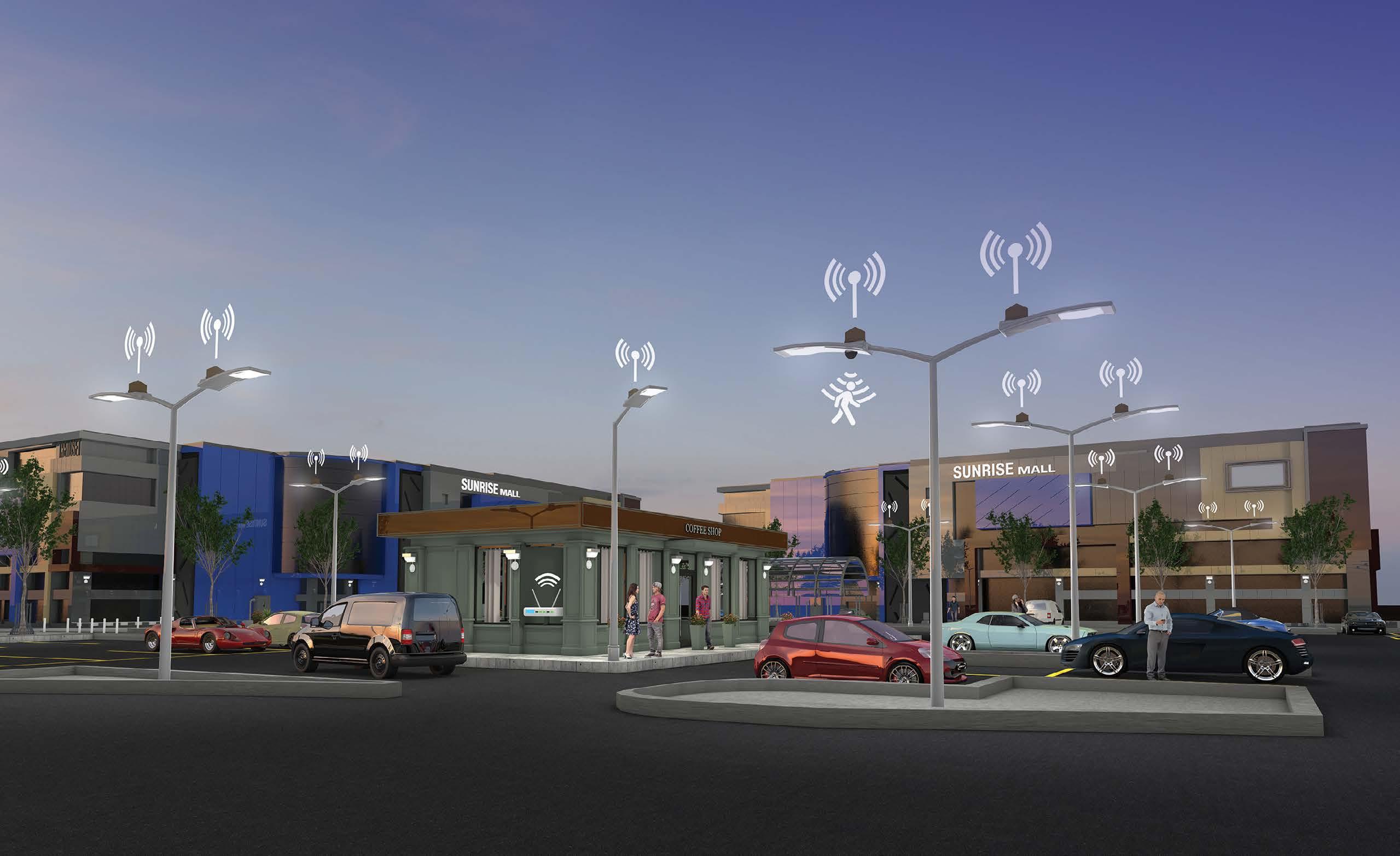
WALI EZ Systems are the perfect plug & play solution for smaller scale projects that require basic dimming control, 7 day scheduling and Occupancy Sensor (motion) integration. EZ Systems also include our EZ Gateway and can be remotely managed via a smartphone and app.
WALI XT Systems include all the functionality of our EZ Systems with several added features including larger quantity node deployment, Building Management Integration via BACnet, advanced 365 day scheduling, remote access via web interface with energy management tools, and an executive dashboard for management of multiple sites.
All WALI Systems are manufactured in the USA by Sunrise Technologies, the industry leader with decades of lighting control experience, a reputation for quality and reliability and thousands of installations around the globe. Both EZ and XT Systems are available for quick delivery.
Talk to a Sunrise Application Support Expert today to learn more about how a WALI System can help you optimize lighting control and energy efficiency.

MA 02767

When do you remember the entire lighting industry undergoing a period of profound change? Depending on how long you’ve been in the game, you may have thought back to the LED revolution, or to HIDs, or even way back to the dawn of time when fluorescents arrived on the scene in the 1980s. When do you remember an idea coming along which saved energy while simplifying installation, use, and maintenance?
You know you’ve had a game-changing idea when your invention becomes the very symbol of a game-changing idea. And what is that universal symbol, the one which appears in the thought bubbles above every comic strip character to have ever had a revelation? Perhaps an image of a light bulb has already flickered to life in your mind.
Edison, of course, is commonly and wrongly credited with inventing the light bulb. Though Edison would come to hold well over a thousand patents (a number of which improved upon earlier designs), many inventors had been tinkering with glass vacuum bulbs and filaments decades before Edison was ever born. Likely, it comes as no surprise to anyone that virtually every invention in modern times has been built upon the foundation already laid down by many other thinkers. In the lighting industry, as in every other, the past and the present are inextricably linked.
So how many people does it take to change a lightbulb? The correct answer: multitudes, and the number of people literally “changing the lightbulb” grows by the day. For an
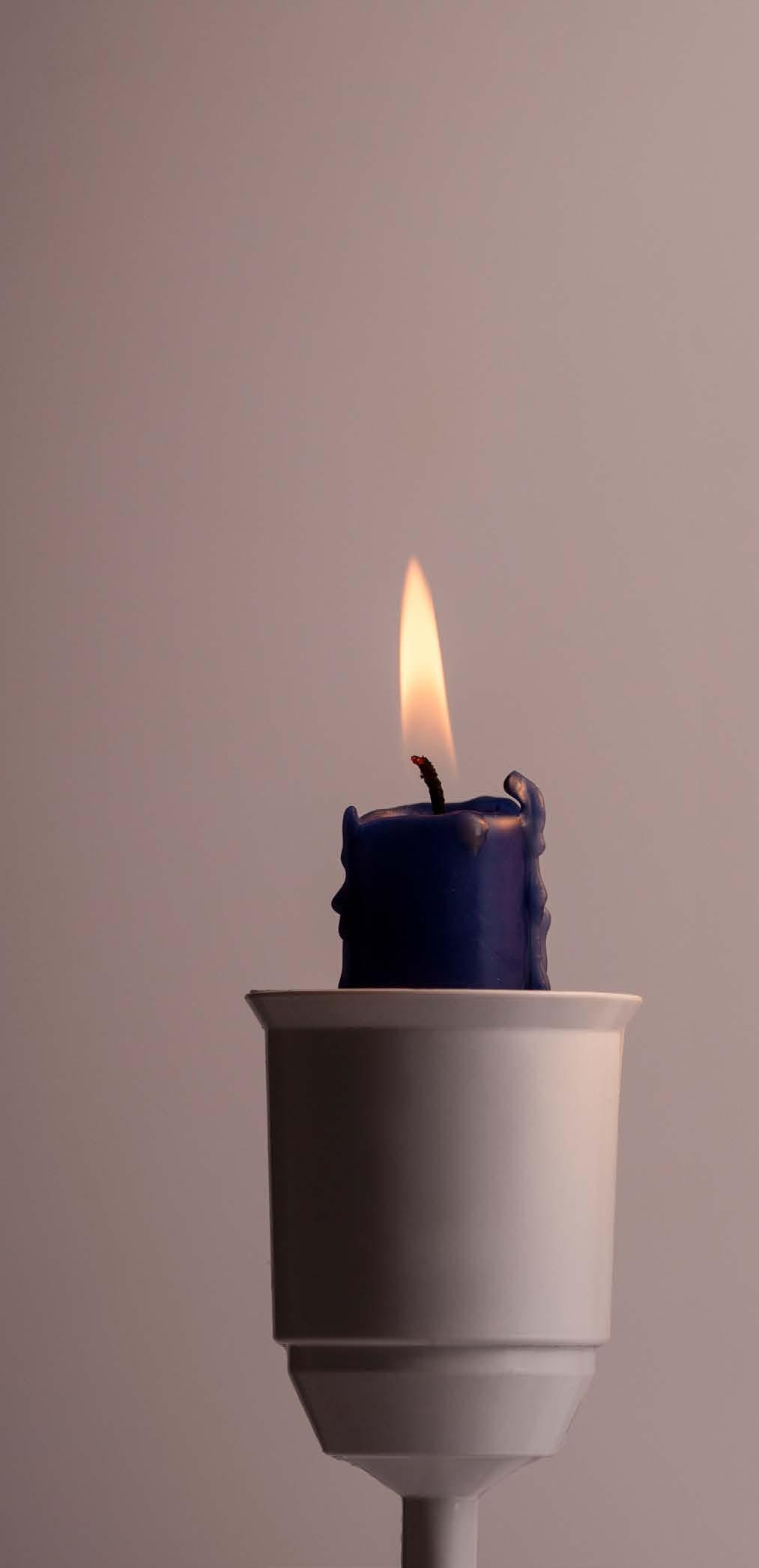
excellent case in point, let’s travel from 19th century Menlo Park to 21st century Portland.
As the largest city in Oregon, with more than three million residents in its metro area, Portland is home to breathtaking natural beauty, a wealth of microbreweries and coffeehouses, and a historic downtown marked by must-see landmarks. The city is also renowned for its thriving eco-friendly scene and focus on sustainability, so it came as no surprise when The Portland Bureau of Transportation began upgrading the city’s 52,000 streetlamps to energy-efficient LED technology in 2014. The City of Portland wanted to move forward with new energy-efficient lighting technology, but not at the expense of its vintage streetlamps, which had proved to be an obstacle in the past.
“We started converting to LEDs about three years ago and began with ‘low-hanging fruit’ – our cobra head lighting fixtures,” said Lisa Elbert, P.E., Signals and Lighting Engineer with the City of Portland Bureau of Transportation. “Our acorn fixtures were a challenge, however,” she noted of the roughly 6,100 century-old, 21-foot-high single and twin
ornamental decorative fixtures that dot the city. “Our poles and ornamental castings go back as much as 100 years and are attractive, but finding LEDs to adapt to them was difficult. Some manufacturers wanted to sell us a complete fixture with the pole, but Portland’s castings are historic, and we wanted to use them – we absolutely didn’t want to replace them.”
While several lighting manufacturers responded to the city’s subsequent request for proposal and underwent extensive field testing in the vintage fixtures, Amerlux won Portland’s bid with its unique Avista 42-watt, 3000K LED light engine.

Originally lit by kerosene and then converted to mercury vapor in the 1950s and high pressure sodium (HPS) technology in the 1980s, “Portland’s historic architectural post-top streetlamps have been up for over a century and are very important to the city,” confirmed Kenny Hettrich, Principal of Hillsboro, Ore.-based manufacturer’s rep agency Hy-Light Group, Inc. “The challenge was the shape of the globe and adapting LED technology to the city’s exact specifications.”
PHOTO CREDIT: Adobe Stock | vladimirfloydThis was achieved through the use of Amerlux’s Avista, an advanced LED light engine ideal for retrofitting traditional and post-top luminaires or for use in new construction applications. Featuring a completely sealed LED optical chamber, the highlyefficient Avista delivers cutting-edge optics and extraordinary output to meet the most demanding street lighting needs within today’s cities and municipalities, while its simple-to-install design incorporating adjustable height levels allows users to position the light exactly where it’s needed for optimal application and maximum performance, taking LED street lighting to the next level.
Based on the extensive criteria they received from the Portland Bureau of Transportation’s engineering team. Hettrich shared, “Amerlux took great efforts to customize fixtures to the city’s exact needs, deliver pristine product, and provide exceptional customer service.” Amerlux fine-tuned the design to ensure Type III street optics with the optimal amount of lighting both in front of and behind each pole. They matched the exact floral design of the fixture’s filigree ring, placing bar codes in a specific spot to support the city’s asset management requirements. They also secured a manufacturer to create a specialized acrylic version of the original globe based on detailed drawings of the vintage product.
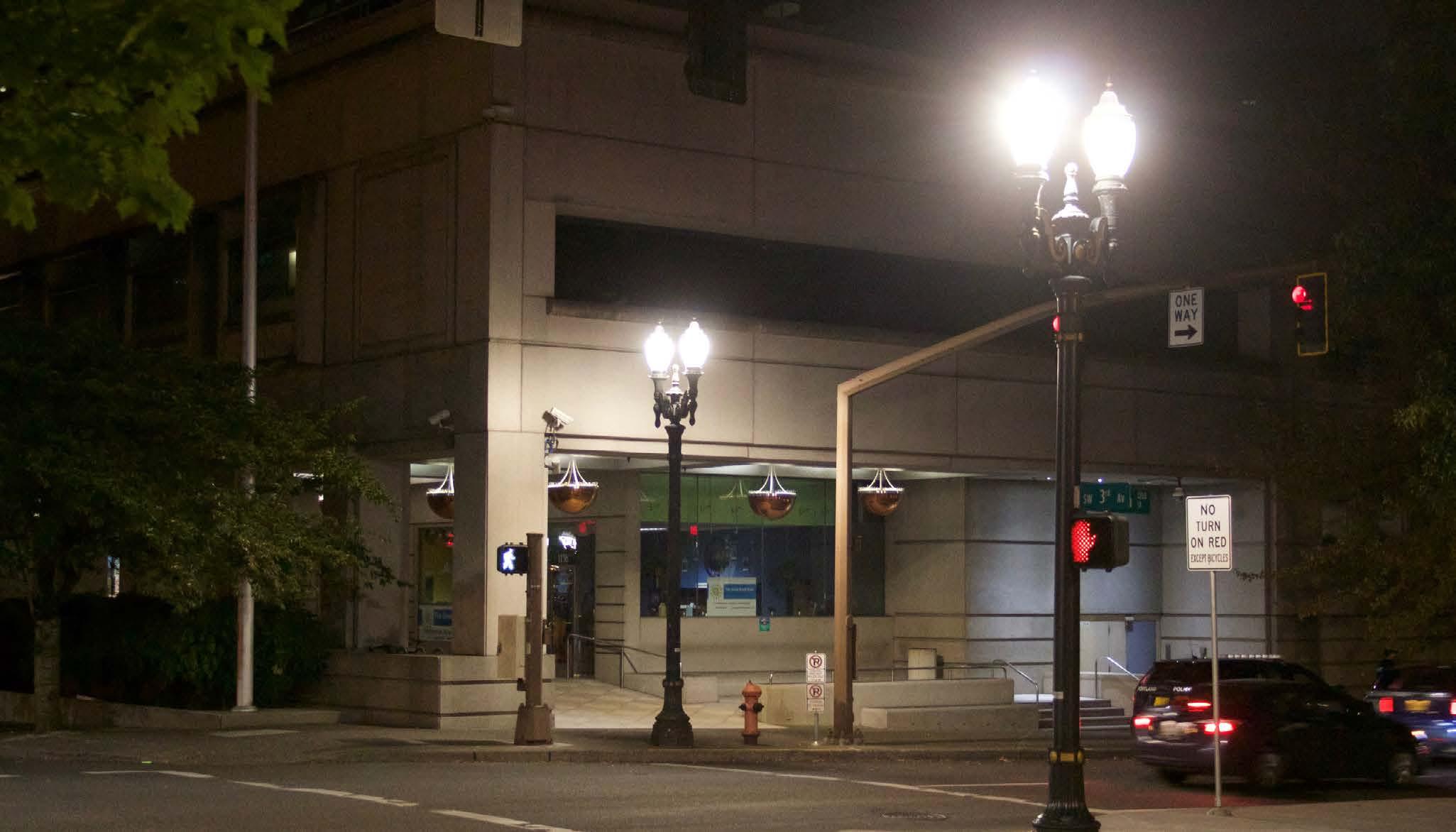
“We also worked with Amerlux to design a customized compression screw plate for the fixtures to further simplify their installation,” added Charles Valdepena, formerly Amerlux’s West Regional Exterior Manager and currently Principal of Los Angeles-based manufacturer’s rep agency ACV Lighting Consultants. Valdepena collaborated on the project with Hettrich and visited Portland several dozen times during the three-year project period to ensure that the lighting was just right and the city’s needs were fully met.
The efforts by Hettrich, Valdepena, and Amerlux didn’t go unnoticed by the team in Portland. “Amerlux was absolutely awesome,” Elbert said of the customized Avista LED kits they received, which included an LED driver and array and an acrylic
globe with a custom filigree ring and finial. “We had four different fixture types we needed to modify, and they came up with custom adaptors for each. In addition to custom-designing the fixtures for us relative to light output, longevity, and other key performance measures, they even made the process tool-less for our installers, such that once the contractors got comfortable with the process, they were able to install 80 fixtures a night with two crews. “The Amerlux team was very quick to address everything that came up and provide us with creative solutions,” Elbert said.
Since completing installation of the bulk of their acorn fixtures in July 2017, the city has been delighted with the results. “We went from 100-watt HPS to 42-watt LEDs, saving the city approximately 60% in energy consumption and costs,” said Elbert. He added that the city secured a rebate from the Energy Trust of Oregon and the Oregon Department of Energy, further boosting the project’s ROI and reducing its payback period.
For Elbert, the transformation in the city’s quality of light has been equally rewarding. “The first time I saw the new lighting, I was absolutely stunned,” she said. “I had gotten used to seeing
hot spots and lamps burning inside the globe, but Amerlux’s fixture uses a top-down LED system that makes the entire globe appear to glow without seeing the lights. We’ve worked for years to minimize the uplight component of our streetlights with various designs, but other lights always looked like they had a hood over them. By contrast, Amerlux’s dark sky-friendly fixtures allow us to see the entire silhouette of the acorn globes.”
“Most of the globes lit by the old HPS technology were discolored, and the light coming through them was diminished and had a poor color rendition,” Hettrich added. “Today, visual acuity in Portland is dramatically improved, and the Avista LEDs help create a much warmer, safer, and pedestrian-friendly ambiance.”
“They produce outstanding light levels and make the streets much brighter, helping people to see what’s around them and increasing the perception of safety,” agreed Elbert. “They’re very attractive, and we’ve received a lot of positive feedback. In addition, we had experienced an increasing number of failures with our previous HPS lamps, especially along our light rail systems, which have limited accessibility due to their long hours of operation. So, it’s nice to have new lighting out there that will potentially last 20 years, instead of requiring maintenance every 3-5 years.”
“The new lighting is amazing, and we’re thrilled to have worked on this project and exceeded the city’s performance requirements with Avista,” Valdepena said. “We knew that once the upgrade happened, it would be a historic turning point for Portland’s street lighting.”
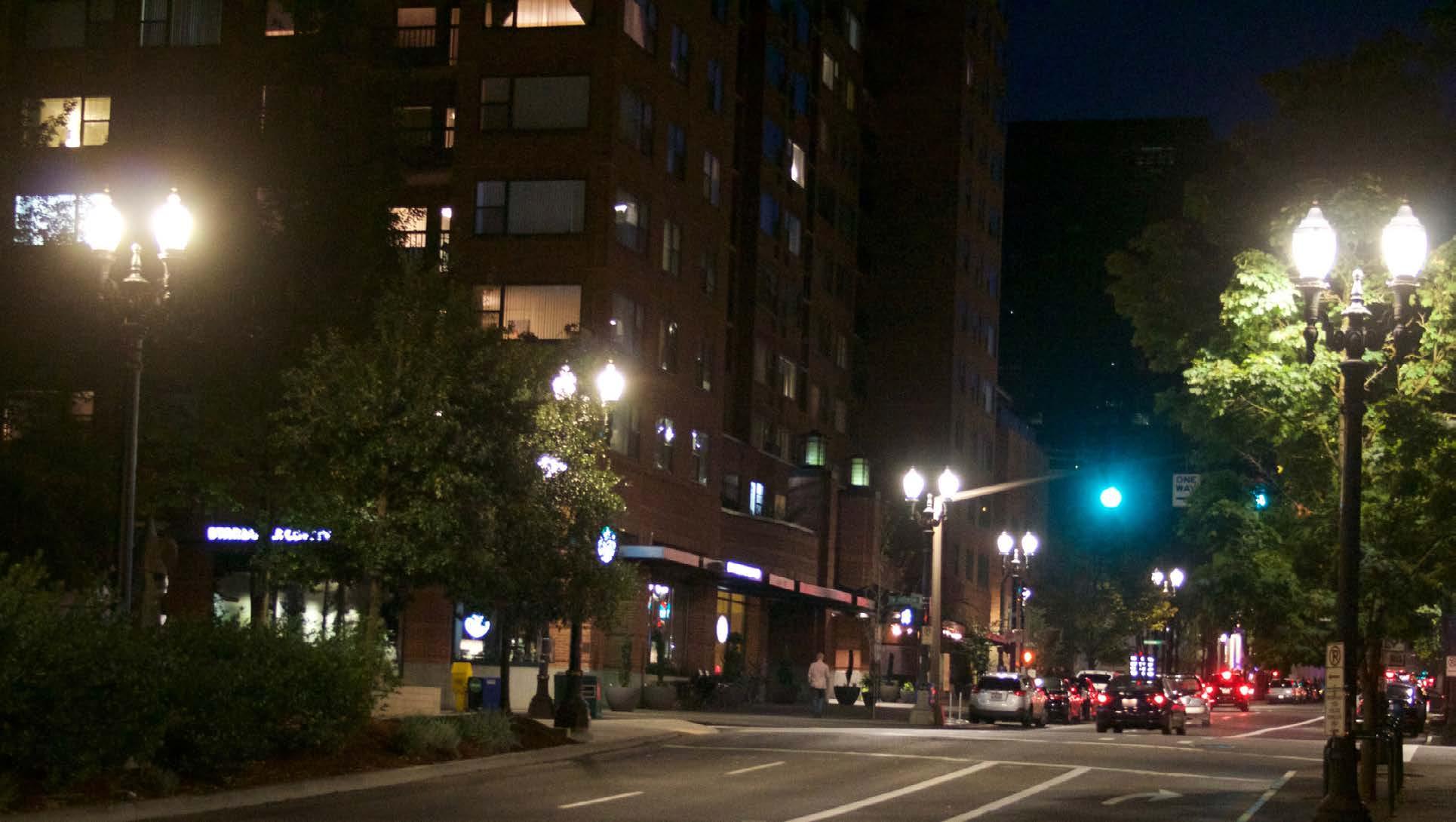
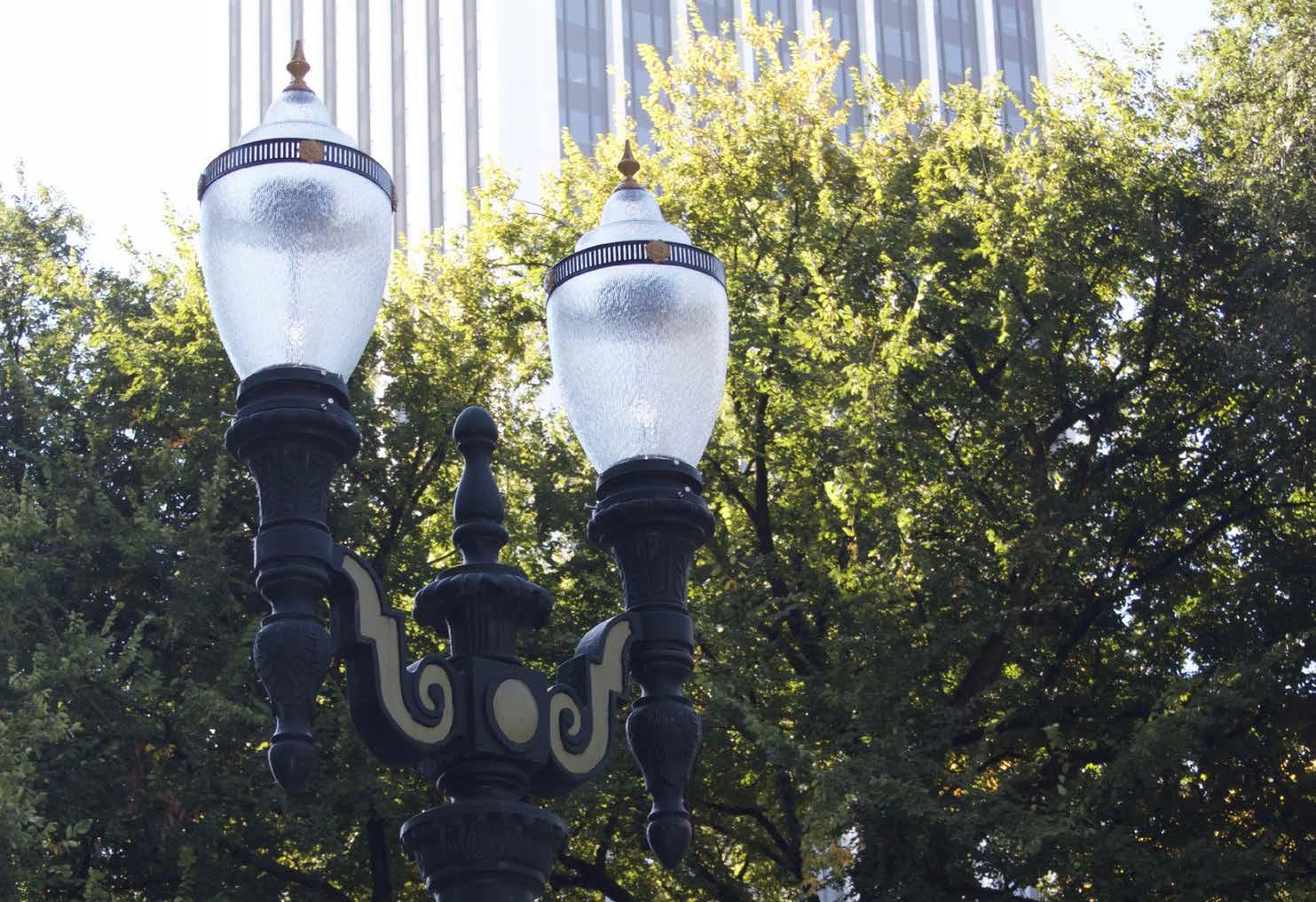
As a native of Portland and an over 32-year veteran of the lighting industry, “this is the most prestigious project I’ve ever worked on in my life,” Hettrich said. “The city came to Amerlux with a challenge, and we met the challenge with superior street optics, customized product, and outstanding service. The new lighting looks spectacular, and it’s been incredibly rewarding.”
“We had a real sense of ownership with this project, and it was pretty exciting to see the new lighting as it got installed,” Elbert said. Since then, “It’s been amazing to see the difference in Portland. It’s very striking – like night and day.”
Portland’s old/new streetlamps exemplify how an ingenious retrofit can marry the past to the present – enabling ease-of installation, ease-of-use, and ease of maintenance in a single stroke. Thomas Alva Edison, that giant of lighting, may well be looking down from above at Portland’s renewed glow with an enormous smile lighting up his face. ■
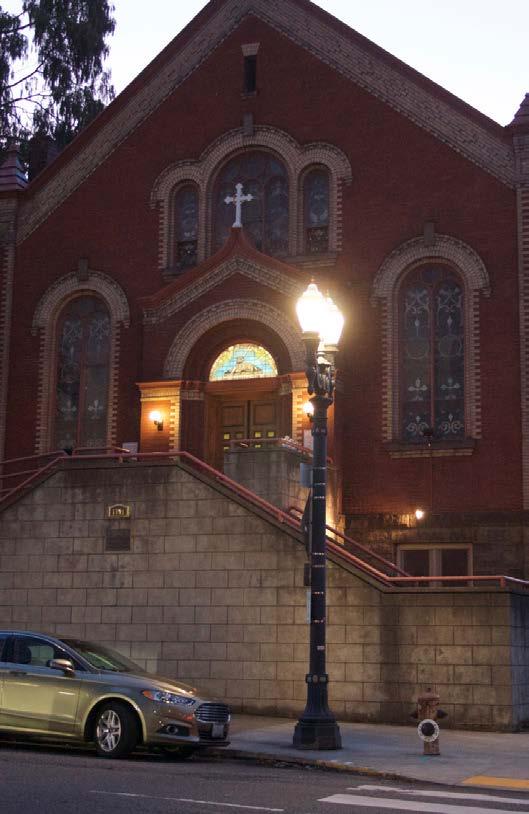 PHOTO
PHOTO
Synapse has introduced the EMB-S2 family of embedded wireless controllers, an exciting integration path for LED luminaires. The smaller size and lower cost make these DC powered wireless controllers versatile enough to be embedded in any wattage LED luminaire. Pairing these embedded controllers with a SimplySnap Site Controller makes it easy to comply with ASH.


Discreet integration and flexibility make Q-Tran’s Q-CAP MICRO 5 fixture family superior for dry, damp, and wet retrofit applications. In profiles as small as a quarter inch tall, the fixtures provide tight bend orientations to create curve and helical shapes for versatile design. Available in various mounting hardware, color temperatures, and lumen outputs, the Q-CAP MICRO 5 was recognized as the smallest encapsulated tape light product with multiple flex directions in the 2022 IES Progress Report.
Espen Technology released its 5-CCT-Selectable TLED lamps. The 12W, 5-CCT Selectable TLEDs are part of Espen’s FLEX family of Type B, ballast-bypass TLEDs, operating online voltage (120-277V). These lamps are double-ended input, making them safer during installation and removal, complete with cULus safety listing. The five CCT options on each lamp are 2700K, 3000K, 3500K, 4000K, and 5000K. The lamps can be installed on shunted or unshunted G13 sockets. The lamps come with real glass tubes for superior optical performance.


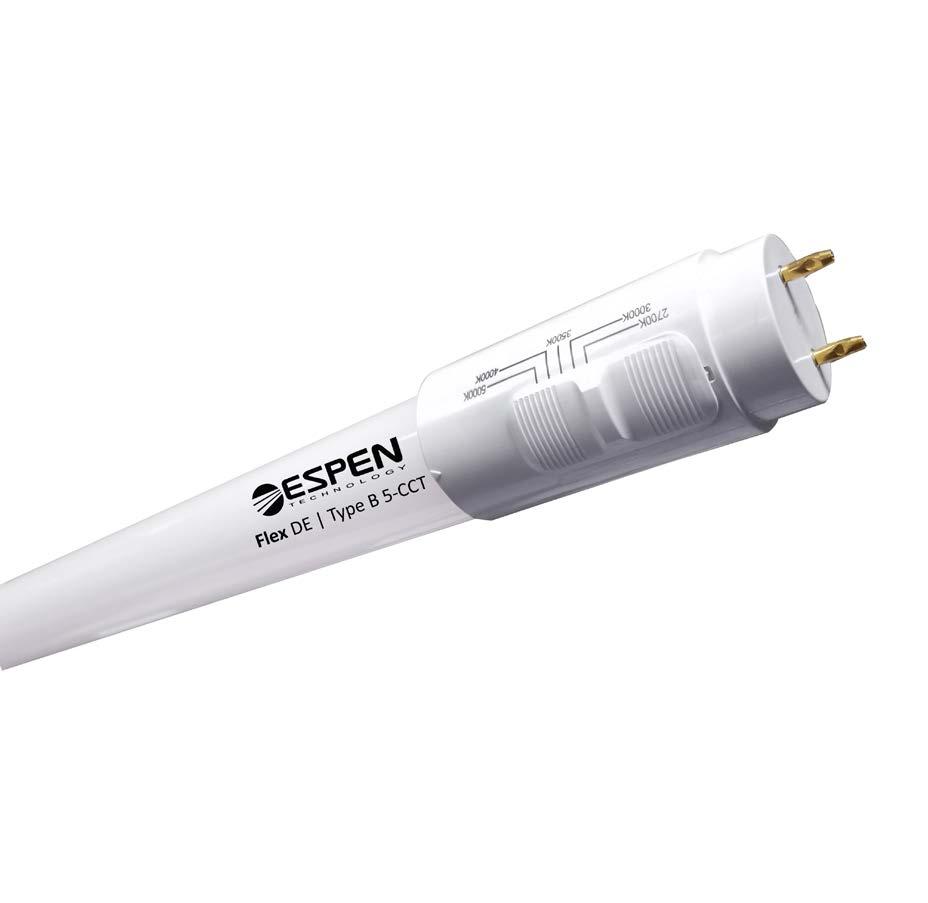
Energy Focus introduces updated EnFocus™
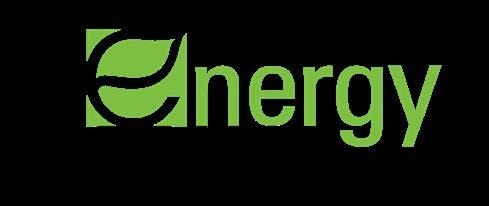

Power Line Controlled (PLC) dimmable and color tunable commercial LED lighting solutions that provide “Simple, Secure, Healthy Light” for retrofit or new construction installations over existing power lines.
The Lithonia Lighting®
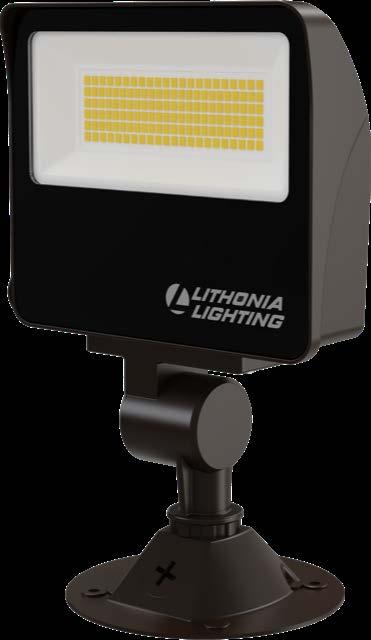
ESXF LED Floodlight is an all-in-one flood that gives ultimate versatility by offering 36 configurations in one product while delivering superior illumination and offering easy access to controls for color switching, lumen switching, and selectable photocell. On-thespot reconfiguring is quick and easy, eliminating any go-backs!

Keystone’s XFit Center Basket Retrofit Kit with Integrated SmartLoop Sensor includes wireless lighting control technology, selectable Power and Color Select technology, and a Keystone 0-10V dimmable driver. These kits install directly into the existing fixture body and simply need 0-10V wiring connection, eliminating the need to disturb the plenum.

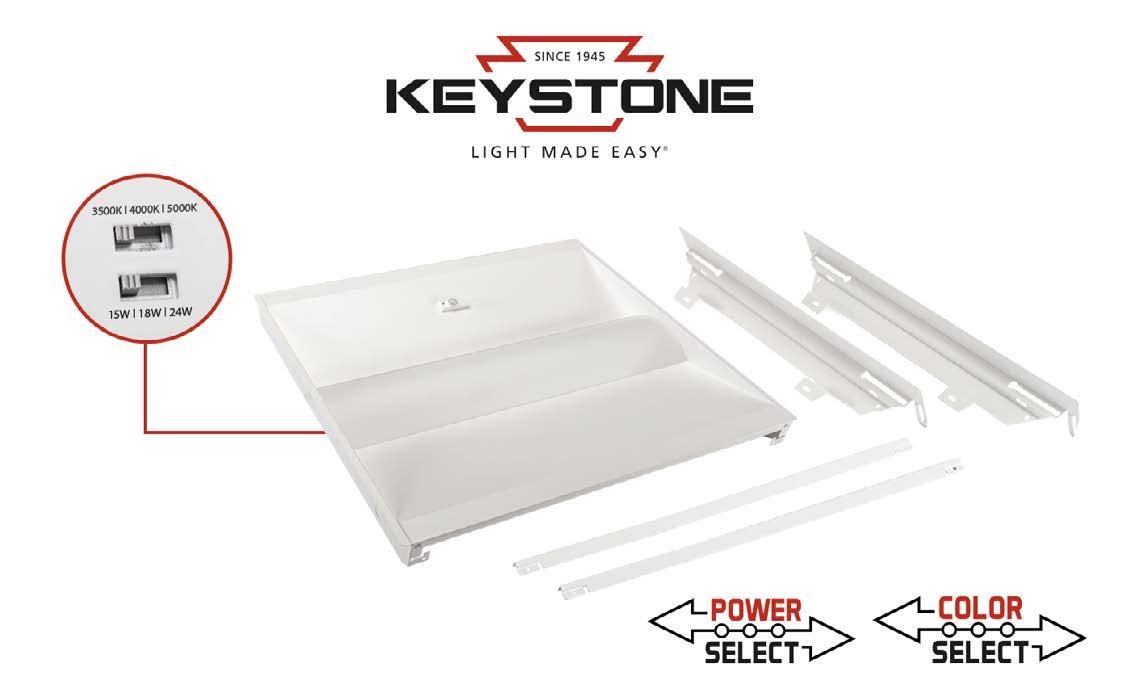
Nora Lighting expands their surface mount luminaire offerings with a new wet location option. The wELO LED surface mount is only 1” thick and offered in 8” and 11” sizes. wELO luminaires produce almost 1600 lumens in four dedicated color temperatures (2700K, 3000K, 3500K or 4000K) @ 80+ CRI. They are available in only a white finish and feature a regressed lens for a more refined appearance.
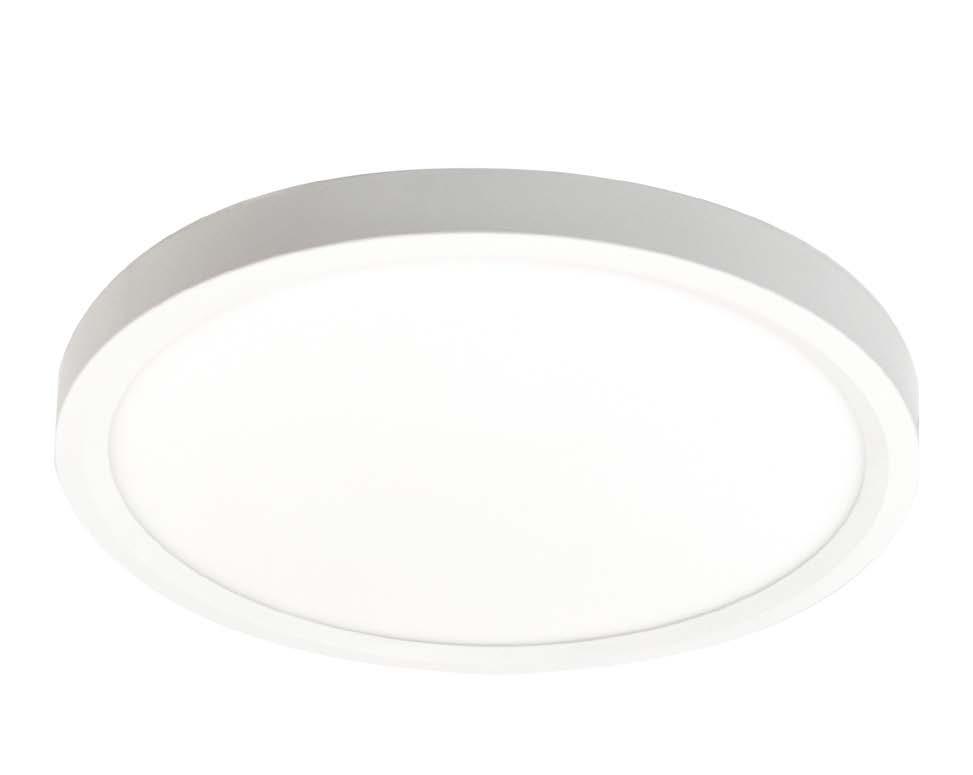

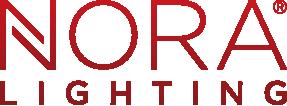

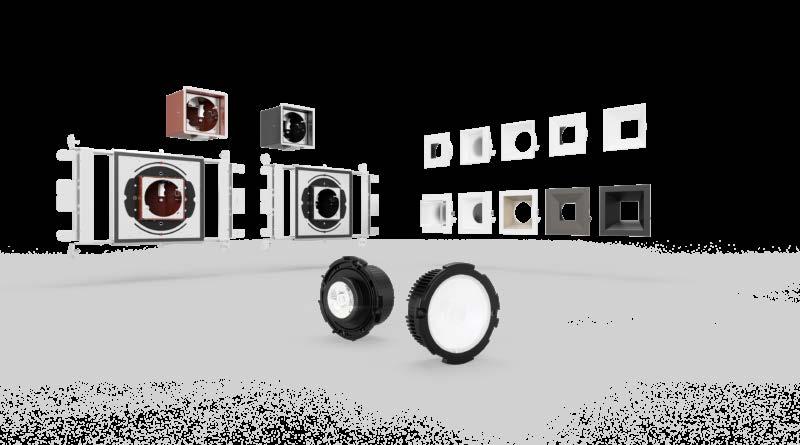
TCP has recently released the UltimaT8 Tubes with Emergency Backup. This T8 tube is able to provide light during power outages without the help of a backup generator for up to 90-minutes of light without any power supply reinforcements. The UltimaT8 Tube with Emergency Backup monthly self-tests and also sports a test button that allows conducting a test at any time.
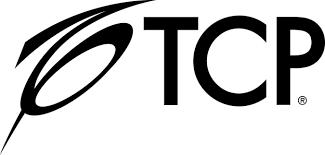
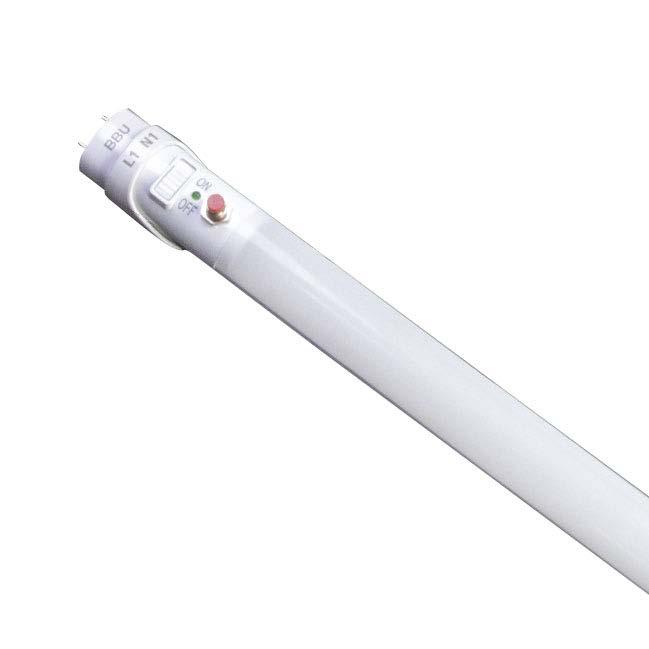
DMF Lighting launched new DID M Series Square housings featuring additional trim and installation options for new construction, remodel or retrofit. The M Series Square boasts new trim colors in Bronze, Warm and Cool Diffused with White Flange trims to match more design aesthetics. Plus, DMF has precision-crafted trims to meet every need, whether customers want a diffused glow or a narrow spotlight, an eye-catching trim or one that disappears.
Maxlite’s innovative DLC Premium qualified Troffer Retrofit Kit offers an economical solution to upgrade existing fixtures to LED technology while providing flexibility to add controls effortlessly at any point in time. With its patented True Plug and Play interface, the kit can be retrofitted into most existing troffers in under 10 minutes and a variety of MaxLite c-Max control sensors can be added. Optional trim plates and 3 Wattage and CCT select option are some of the feature of the control-ready kit.
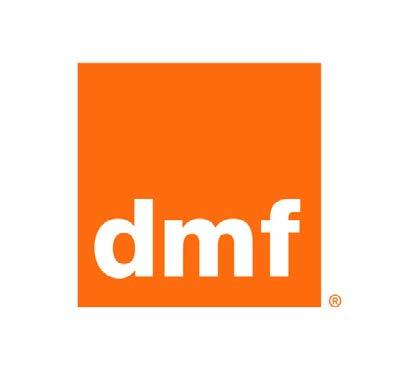
 By Parker Allen
By Parker Allen
An important driver of this phenomenon is the similarity of the underlying technology. The core technologies – chips, controllers, etc. – for electric vehicles are being produced by the manufacturers of LEDs.
In several decades, our roadways may look drastically different than they do today. The majority of cars will be electric. Electric vehicle charging stations will populate every city, replacing gas stations as gas-powered vehicles are phased out.
While the timeline is up for debate, given recent trends, it seems safe to say that we are at an inflection point with the types of vehicles we drive. Consumers spent 50% more on electric car purchases in 2020 than 2021.
And, governments spent $14 billion on tax deductions and purchase incentives for electric vehicles, a 25% increase over the prior year. i An additional data point that hits closer to home--Rexel Energy Solutions is fully electrifying its commercial fleet before the year 2030. They are the first in our industry to make this move, but it is likely that others will follow.
To support the growing presence of electric vehicles, our electric infrastructure will have to undergo a major overhaul. That means major growth for our electrical transmission and distribution capabilities and widespread installation of electric vehicle charging stations. Signs of these
necessary changes are on the horizon. Drive around any major metropolitan area, and you will undoubtedly see charging stations at major retail areas.
The U.S. electric vehicle charging market is at the beginning of an exponential growth phase. Valued at $2.85 billion in 2021, it is expected to expand at a compound annual growth rate (CAGR) of 36.9% during this decade.ii
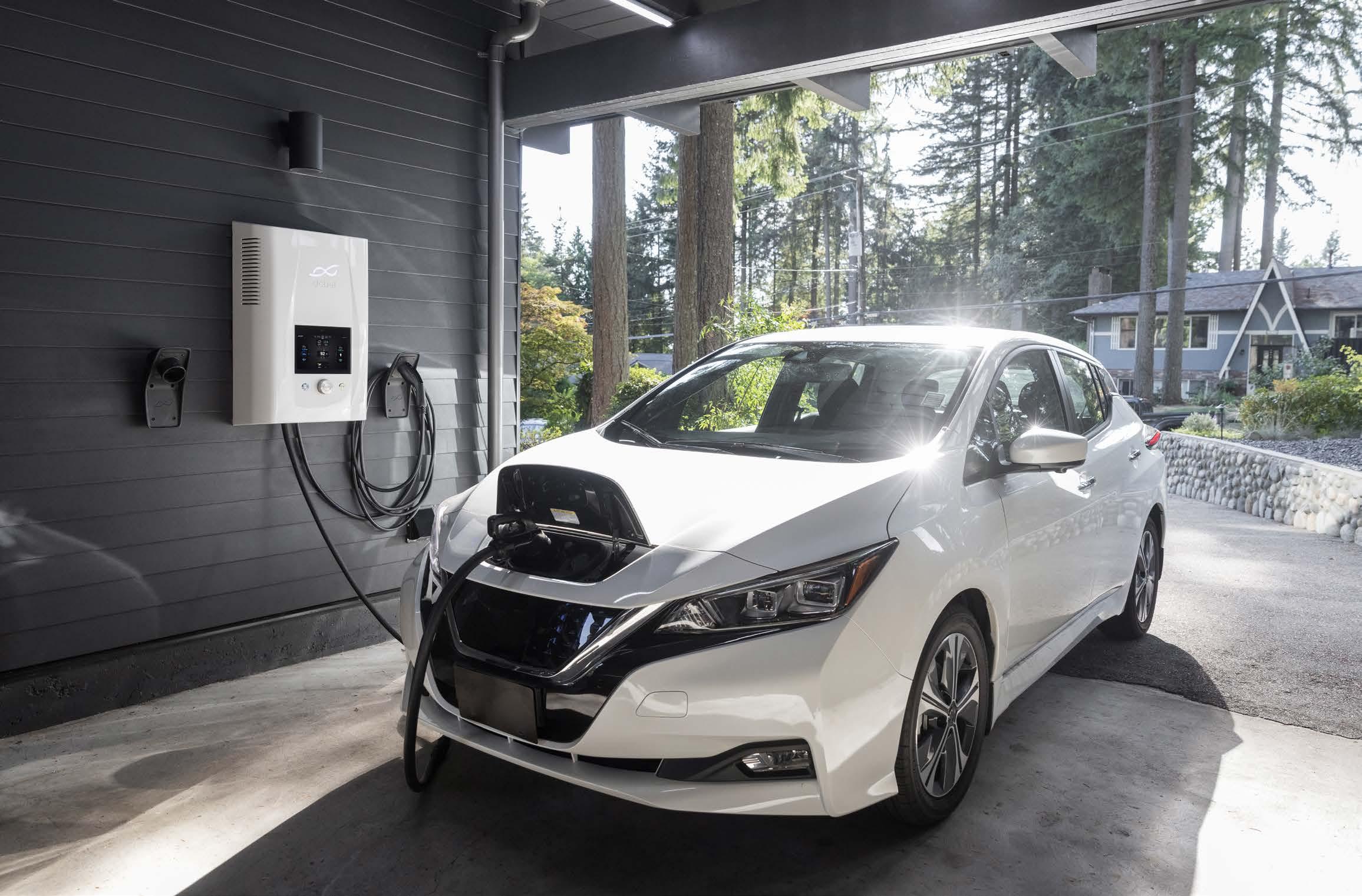
Lighting manufacturers are starting to see the value in this lucrative market. Voss Lighting and Light Efficient Design have already added EV chargers to their portfolios, and others are planning to do so. An important driver of this phenomenon is the similarity of the underlying technology. The core technologies--chips, controllers, etc.--for electric vehicles are being produced by the manufacturers of LEDs.
Now, market demand and government incentives have reached the point where it is advantageous to offer EV charging. It has become an adjacent market into which LED manufacturers can easily jump. Not every LED manufacturer has decided that the opportunity is worth it, but a fair amount of them is paying close
attention in the same way that many were focused on horticultural lighting a decade ago.
This emerging market also presents a great opportunity for the lighting contracting industry, at a time when lighting retrofit opportunities are drying up. As the adoption of LEDs has grown, the retrofit and maintenance markets have shrunk, or, at the very least, plateaued. In a recent article for US Lighting Trends, Peter Brown asked if EV charging solutions could be “the next big thing.” iii He noted the surprising number of lighting companies selling charging stations at LightFair this year. Apartment complexes and commercial buildings are installing charging stations for residents and occupants. Some retailers are looking to install them to attract customers. The
demand for the installation and maintenance of charging stations is growing.

Installing and maintaining EV chargers is typically a straightforward process, provided the site has the necessary infrastructure already in place. Prior to installation, it is typically advisable to do a load study on the property’s panelboard to ensure the facility can handle the additional load. Level 2 chargers operate at 220 volts, so new infrastructure is usually not needed – it is just a matter of running power from the panelboard to wherever the chargers are placed. Level 3 chargers, also known as DC fast chargers, are a different story. They operate at 480V and
charge much more quickly than level 2s, but they require more complicated electrical infrastructure to operate. The cost of purchasing and installing these units reflects this.
Upfront cost is the main obstacle to installing EV charging solutions, but that burden can be alleviated through federal tax credits and additional incentive programs. According to Briteswitch, 63% of the country is covered by a rebate program for installing an EV charging station.
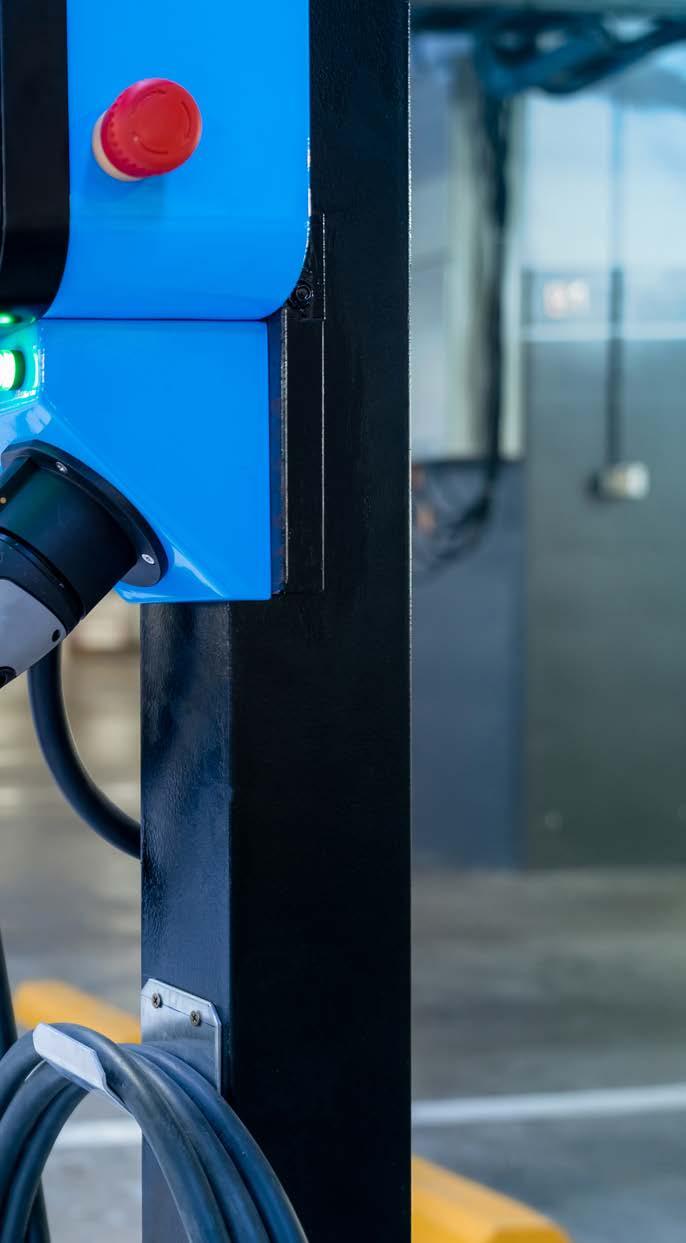
The money is out there – it is just a matter of finding
and resources like Briteswitch and Encentiv Energy’s Encentivizer can help. It is important to note that not all EV chargers will be covered by rebates.
Moving forward, utility companies are required to approve qualified manufacturers. There will likely be considerable consolidation in the market following this initial expansion.
No less than three industry players contacted compared this growth to when LEDs first came on the scene – a Wild West scenario. With LEDs, there were a million different manufacturers, all providing seemingly similar products.
Fast forward a decade, and many of those manufacturers were no longer in business when it came time to perform maintenance on that first wave of LED products. Charles Occhino of Aetna Corp, who has been providing electric vehicle charging solutions for almost a decade, offered a word of advice – be careful who you get in business with.
How soon will our roadways be mostly, if not fully, electric?
Hard to say, but one thing that does seem certain is that it is a matter of when, not if. Many automobile manufacturers have committed to increasing their offerings of electric vehicles. Big names such as Volvo and General Motors have set aggressive target dates by which they will only offer electric vehicles. These trends facilitate a huge market for electric vehicle charging solutions.
The opportunity....is there. ■
i IEA (2021). Global EV Outlook 2021, IEA, Paris https://www. iea.org/reports/global-ev-outlook-2021
ii Grand View Research, Inc. (2022). U.S. Electric Vehicle Charging Infrastructure Market Size, Share & Trends Analysis Report, 2022-2030, Grand View Research. https:// www.grandviewresearch.com/industry-analysis/us-electricvehicle-charging-infrastructure-evci-market
iii Brown, Peter (2022). Tracking the Next Big Thing, US Lighting Trends. https://www.uslightingtrends.com/design/ commercial/637-tracking-the-next-big-thing
iv Find EV Charger Rebates (2022). BriteSwitch. https://briteswitch.com/find-EV-charger-rebates. php?gclid=Cj0KCQjwguGYBhDRARIsAHgRm49m2UrOiB-
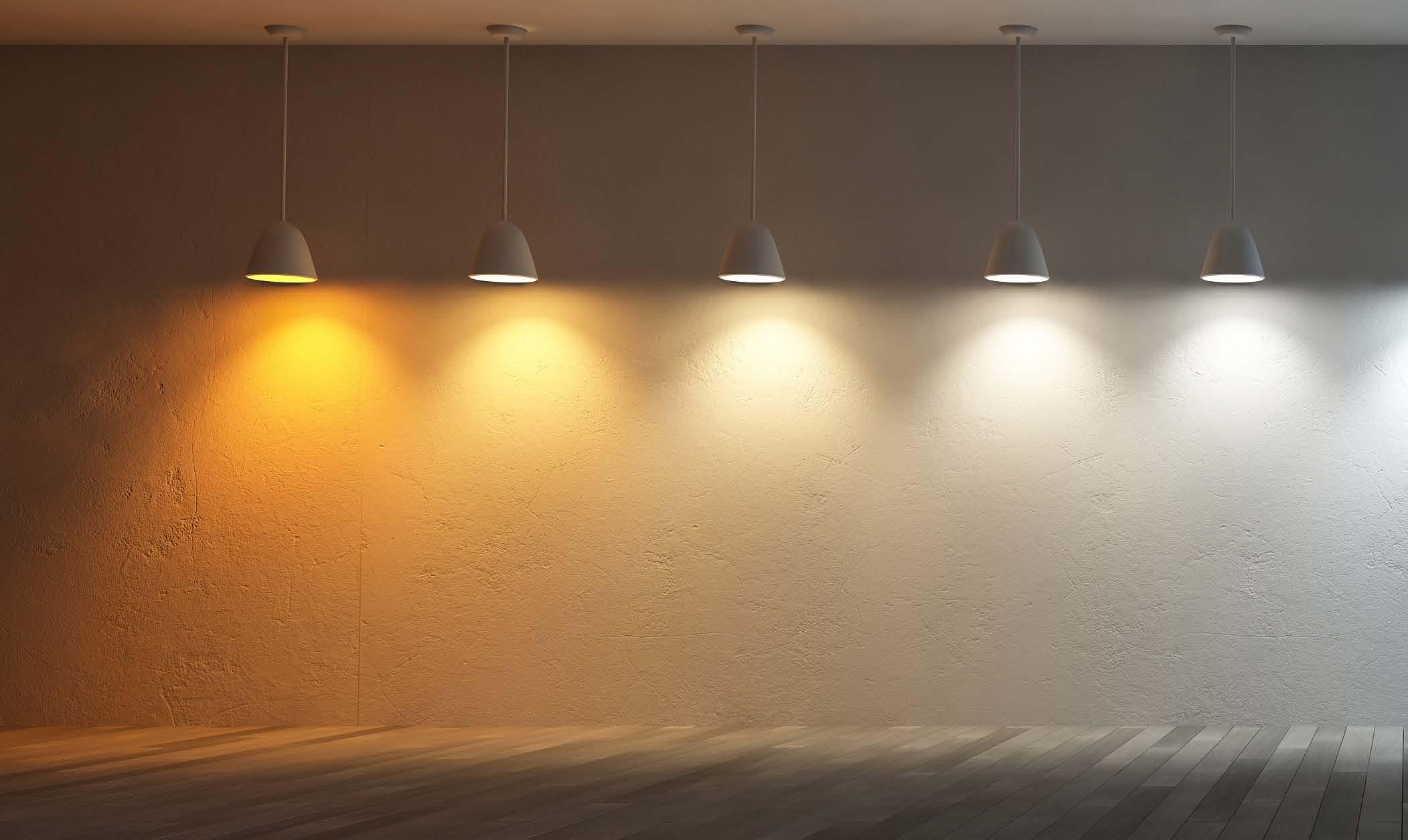 By Brad S. Picht National Product Category Manager, Graybar
By Brad S. Picht National Product Category Manager, Graybar
By now, most people are familiar with LED lighting. It’s in our workplaces. It’s in our homes. It can even be controlled by our smartphones or by voice command to Alexa or Google Home. ‘Enabled’ LEDs have a long life, somewhere around 7-10 years, and are an energyefficient source of light.

LED’s cool factor—and what many people don’t know—is that LED is digital technology and can do a lot more than just provide basic illumination. Some LEDs can sense their environment, adjust, collect data and “tune” to different colors and intensities suited to the particular purpose of a space and the people in it.
This ability to better control LED lighting promises to impact our schools much more than our homes.
Teachers have been trying to control light for years. To make the learning environment more comfortable for students, teachers frequently switch off the overheard fluorescents and bring lamps from home to warm the space. Some have gone as far as covering half of the fixtures with construction paper to help dim the light. Now there’s a better, safer way to adjust illumination.
Because of the flexibility of digital LED technology, manufacturers are designing their products to
allow teachers in the classroom to change the color temperature and light intensity at different times of the day.
This new technology, tunable light, allows a teacher to change how warm or cool the light appears to optimize class performance based on the time of day and the students’ activities. For example, warmer light is desirable when students are performing interactive, cooperative or creative learning
When a teacher wishes to energize students or increase their need for focus and attention, a cooler temperature that mimics natural daylight is recommended.
Using tunable light in the classroom can help educators tailor the light between 2700 Kelvin and 6500 Kelvin for the activity, tempo and temperament of the class, providing a more comfortable learning experience for students. But there’s more to it than that.
It’s important to remember that light does more than help us see. There’s a lot of science behind how light affects our body.
Our human biology is linked to natural light and the sun. Bright light stops the secretion of melatonin in
This ability to better control LED lighting promises to impact our schools much more than our homes.
our body, which wakes us up and increases our alertness. At night, the darkness cues our body to start the secretion of melatonin and prepare us for sleep. Light is the most powerful regulator of the human daynight rhythm, also referred to as our circadian rhythm.
Now that we spend 90% of our lives indoors, we suffer from too little light during the day, and with our addiction to smartphones, too much light at night can delay our sleep. Disrupting our circadian rhythms can mean an unproductive day with lack of concentration, increased hunger and fatigue.

Tunable light is designed to mimic the sun’s natural light patterns and keep our biological clock on track.
The importance of lighting to everyday life is well established. Research indicates that natural and artificial light affect people’s health, mood, well-being and alertness (Sleegers, 2013). Exposure to light with
Tunable light is designed to mimic the sun’s natural light patterns and keep our biological clock on track.
different color temperatures can affect the quality of sleep, mood, alertness and perceived self-efficacy of studied subjects.
Philips teamed up with the University of Twente to see the effect of lighting on the learning process in primary schools. The year-long study observed 166 students under color tuned light. The results indicated that the students exposed to tunable light scored, on average, 18% higher in concentration tests, were more motivated in the longer term and were more appreciative of their learning environment.
The tunable light system in the study was programmed to four settings: Standard, Rest, Energy and Concentration, and was shown to affect:
Students reported feeling more alert in the 'Rest' and 'Energy' settings than the 'Concentration' setting.
Children solved a group puzzle faster in the 'Rest' setting than in the 'Standard' setting.
In the 'Energy' setting children talked 95% more with each other when solving the puzzles than in the 'Standard' setting.
A small percentage of K-12 schools in the U.S. have made the switch to LED, but as more research confirms the advantages of tunable lighting, LED lighting is an easy way to help improve classroom environments. ■



One of many issues the COVID-19 pandemic has underscored is the necessity for public and private spaces to be clean and sanitary to help contain the spread of viruses and germs (pathogens). Among several disinfection practices gaining new attention is ultraviolet light (UV) disinfection technology (AKA germicidal UV or GUV), which is an effective engineered solution that can be added to other methods of cleaning and treatment.
Despite the known capabilities of various UV lighting disinfection solutions to inactivate pathogens, many customers still have questions and may even be misinformed about UV lighting technology. Below are answers to some questions that can arise frequently when presenting UV disinfection lighting solutions to customers.
Certain wavelengths of ultraviolet light have been known for some time to have the ability to inactivate bacteria, viruses, and fungi. Newer research findings have shown that UVC wavelengths (under 280nm) are particularly effective
wavelengths for inactivating viruses and bacteria.
Because UVC (200-280nm) has the strongest “germicidal” properties within the full UV spectrum, most GUV light technologies utilize UVC light sources. As a result, GUV light technologies incorporating UVC are currently used in a number of air, water, and surface disinfection products and systems. Interestingly, the earth’s atmosphere removes the UVC band from solar radiation before it reaches the earth’s surface, so all UVC light must be generated from electric light sources.
Studies have demonstrated that, in a laboratory setting, UVC (200-280) has inactivated known viruses and other pathogens, including SARS-CoV-2 (which gave rise to COVID-19), on surfaces and in the air. The energy generated in this UVC wavelength range breaks down the structures inside the pathogens preventing them from replicating, thus rendering these pathogens harmless.
The germicidal effectiveness of UVC is dependent upon a variety of factors including, but not limited to, the amount of time the pathogen is exposed to the UVC light and the intensity of UVC light exposure. With air treatment, air circulation in the space is an important consideration, so that any pathogens in the air are dosed by the UV. On the other hand, for surface treatment to be effective, it is important that the pathogen be exposed to the UVC light. Pathogens in areas that fall in the shadow of the UVC are not inactivated, which is why UVC light disinfection technology should be used in conjunction with chemical cleaning of surfaces.
UVC products can be used and installed safely in an indoor space if the appropriate dosage is determined and delivered and all safety precautions are addressed prior to and during installation. The necessary safety precautions with respect to application of UV products are determined by the technology involved, and the UVC products selected must be differentiated according to whether they are designed with direct, indirect, or mixed UV light.
If fixtures utilizing the UVC wavelength are improperly used or installed, UVC light may pose a safety and health hazard to the eyes and skin. UVC can cause eye or skin injury with overexposure, but the primary effects are temporary. Shorter wavelengths represented by 222nm filtered far-UVC are the least penetrating of all UVC wavelengths. 222nm penetrates only the outermost layer of the skin (dead skin cells) or the cornea, providing a natural protection for the living cells. According to ANSI/IES RP-44-21 Recommended Practice for Ultraviolet Germicidal Irradiation (UVGI), the risk of skin cancer is relatively
insignificant, and there are no known long-term consequences for eyes from an accidental overexposure to UVC.
Results from laboratory testing and clinical studies have shown that the filtered 222nm far-UVC light in particular is effective against a wide range of bacterial and viral pathogens at doses that still fall within current exposure guidelines for human occupancy, as established by the American Conference of Governmental Industrial Hygienists (ACGIH®). The ability to make use of doses at these levels means that lighting products using the filtered 222nm far-UV light can be safely used in occupied spaces.
Installation of UVC equipment from a reputable manufacturer should be straightforward and no more complex than installing a lighting system. Before making an investment in a UV system, the purchaser will want to review installation and operation manuals carefully to anticipate maintenance requirements over the life of the system.

Additionally, the purchaser should consider the operating cost (efficiency) of the system over its life. Many UVC lamps are field serviceable. Warranties will vary by manufacturer, and expected life cycle relies on multiple factors, such as dosage amount and frequency and length of dosing in a space. For example, the Care222® module from Ushio used in many Acuity Brands UVC lighting solutions has a rated lifetime of 3,000 hours, which, depending on actual dosing times, can equate to an expected operating lifetime of approximately 5 years or more.
UVC disinfection products, when installed and used correctly, can help manage overall hygiene in a space, as most are effective in killing or inactivating many strains of bacteria, viruses, and fungi that can give rise to the flu, common cold, and other maladies. Minimizing the potential for exposure to these types of pathogens in the built environment can help positively impact attendance (reduce absenteeism at school, work, etc. due to illness) and other key productivity factors.
Because UVC products are a chemicalfree method of providing disinfection capabilities, UVC can help with sustainability goals such as reducing the amount and the frequency of applying
cleaning chemicals, which often have toxic ingredients
have a negative impact on indoor
UVC lighting solutions do not necessarily need to be installed in every space to provide benefit. Customers should invest wisely and focus on the areas where a lot of people gather or there are high-touch surfaces. Especially in these types of spaces, UVC products can help disinfect both air and surfaces on a preprogrammed schedule. Relying only on traditional mechanical and/or chemical cleaning leaves room for human error and can be time consuming and sporadic. HVAC systems alone can clean the air flowing into a space, but not immediately address the existing air in the room where occupants are present. Additionally, the HVAC system does not address surfaces such as desks, tables, chairs, counters, toilet seats, and sinks, which are easily contaminated.

Multiple factors go into helping to determine a UVC solution for a space, including how often a space is occupied and for what purposes, the size of the space and ceiling height, the amount of human interaction, the number and type of surfaces, the pathogens to be targeted, budget, and so forth. Selecting
a reliable manufacturer with expertise in UVC technology can greatly assist in the evaluation process and help customize a solution for your customer.
Because lighting is necessary for occupied spaces, integrating UVC technology into lighting systems makes practical sense. Using luminaires as a delivery system allows facilities to take advantage of locations where power is already distributed. This enables the disinfection technology to be added as a layer of functionality to necessary illumination. The UVC technology, while generally operating independently from the lighting, may use the luminaire’s intelligent control capabilities, and may be connected to an overall building management system. Additionally, integrating UV with luminaires creates the opportunity to provide local treatment within the space, where the pathogens are being introduced into the environment.
Software tools, such as Visual® Lighting software by Acuity Brands, provide the ability to perform a detailed analysis prior to installing a system. Much like performing lighting calculations, the software models and evaluates the intended application space and the amount of irradiance from UVC light disinfection products, providing designers, installers, and customers in-depth understanding of how the UVC light disinfection system may reduce pathogens based on pathogen research data.
Controls are an integral part of a UVC system design. Depending
on the product and technology type, these controls may detect occupancy or meter the dosage size and frequency in a space or monitor that the system is operating correctly. The controls should be aligned with the design parameters and calculations customized for the space to deliver the specified dosage at the appropriate times. Always consult with specific products specifications on recommended controls or system integration methods.
To help determine an ROI, the first task is to decide what "return" is desired. For example, is the objective to decrease the number or frequency of absentee students and teachers? Make a space safer for customers? Help protect employees that work in close proximity?
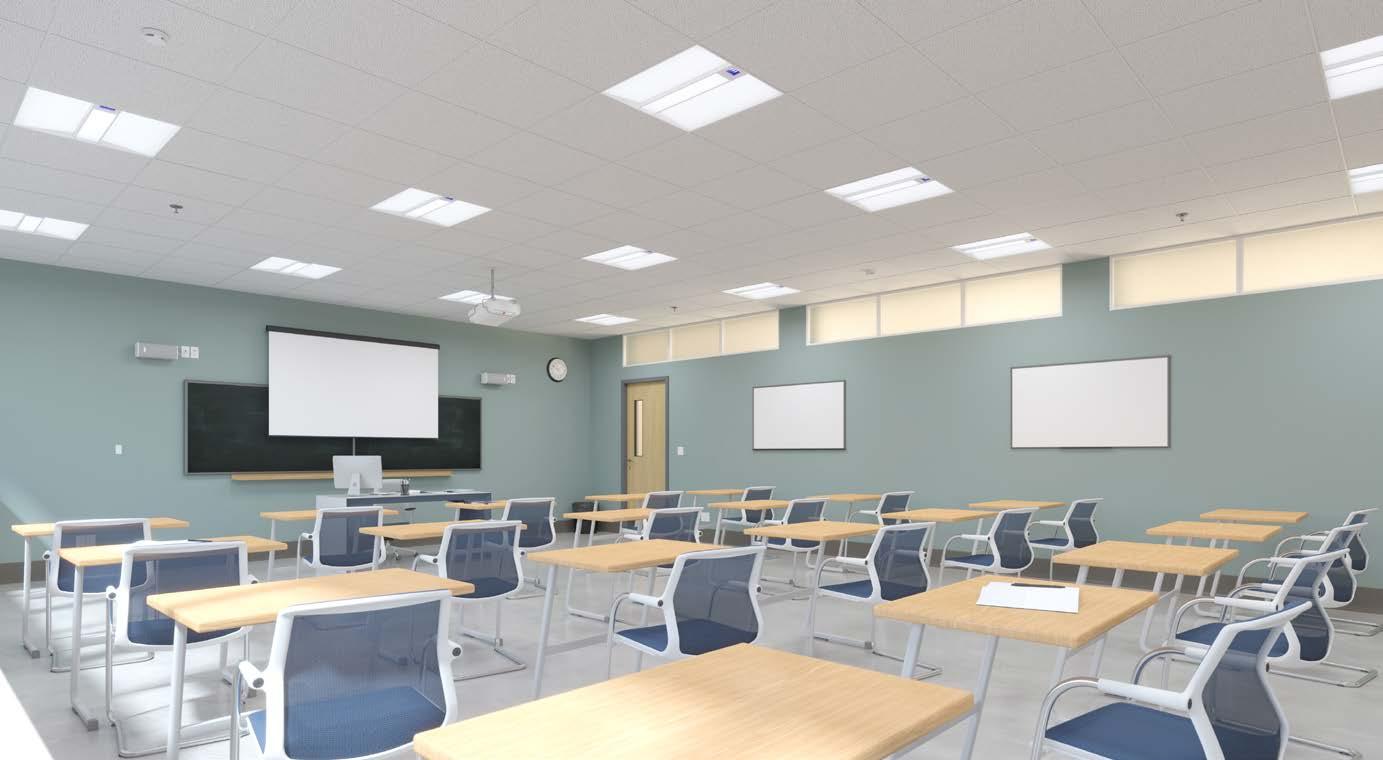
A school may focus its ROI on school attendance for both students and staff. In the past two years, the pandemic has kept school staff and students at home, impacting the learning environment, test scores, social interaction, and the general mindset of students. Lowered transmission rates of various pathogens could mean more students and staff attending in-person throughout the year (due to less illness) and even less need for substitute teachers.
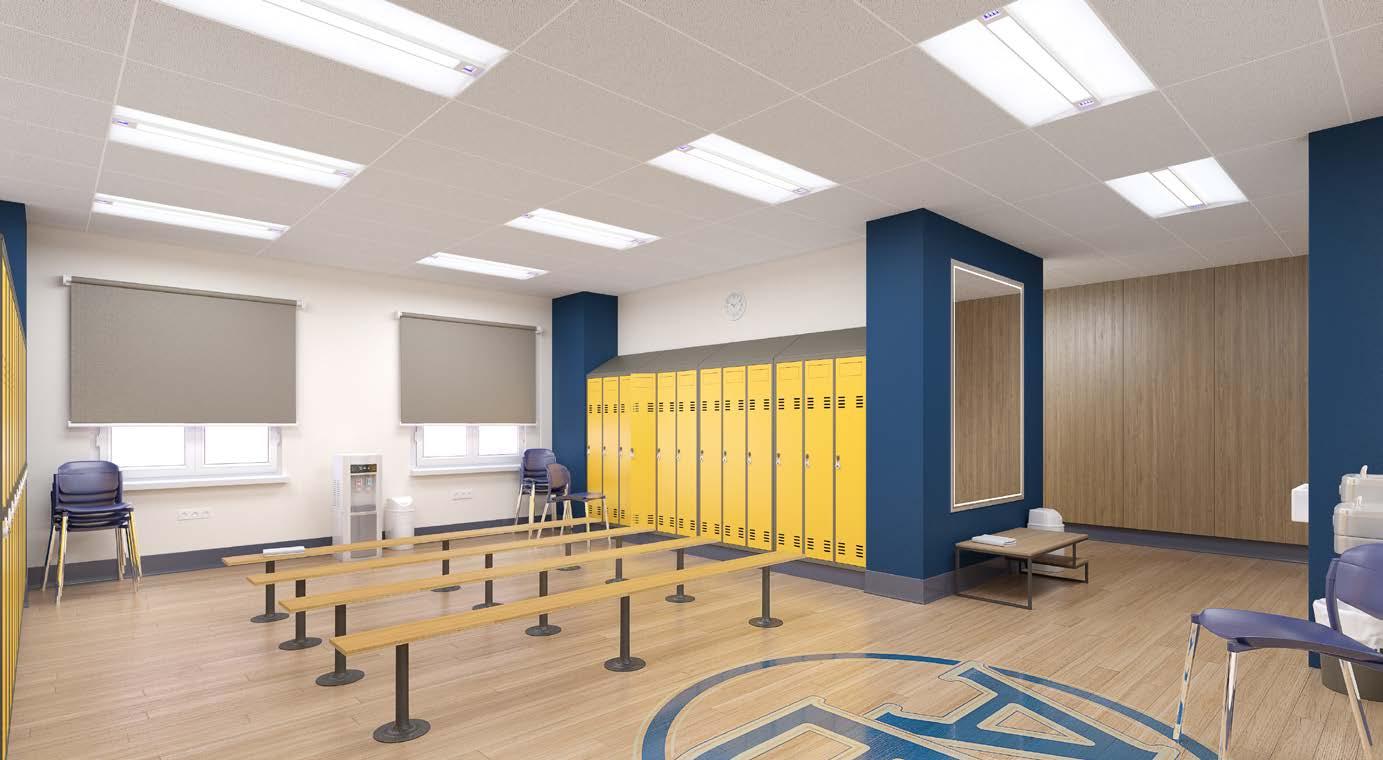
A UV solution’s ROI can be easily achieved when businesses add a layer of protection that can help minimize the potential for staff absences that may result from exposure to many types of pathogens. This same layer of protection can also help reduce potential exposure for customers. For the retail and hospitality sectors, this is a double win.
Similarly, in manufacturing facilities, workers often need to work in close proximity. By installing a UV solution to reduce exposure to pathogens, production staff can likely stay on the job and maintain production output. Maintaining a steady output can result in less additional overtime pay later to catch up on backlogs.
UVC lighting disinfection technology can safely offer an additional layer of protection by treating surfaces and air in all types of high-interaction applications, including offices, conference rooms, meeting spaces, classrooms, public restrooms, restaurants/ hospitality, performing arts and sports events, public transit, manufacturing, retail, health clubs, and healthcare settings. Again, please refer to available reference materials for more information and details.
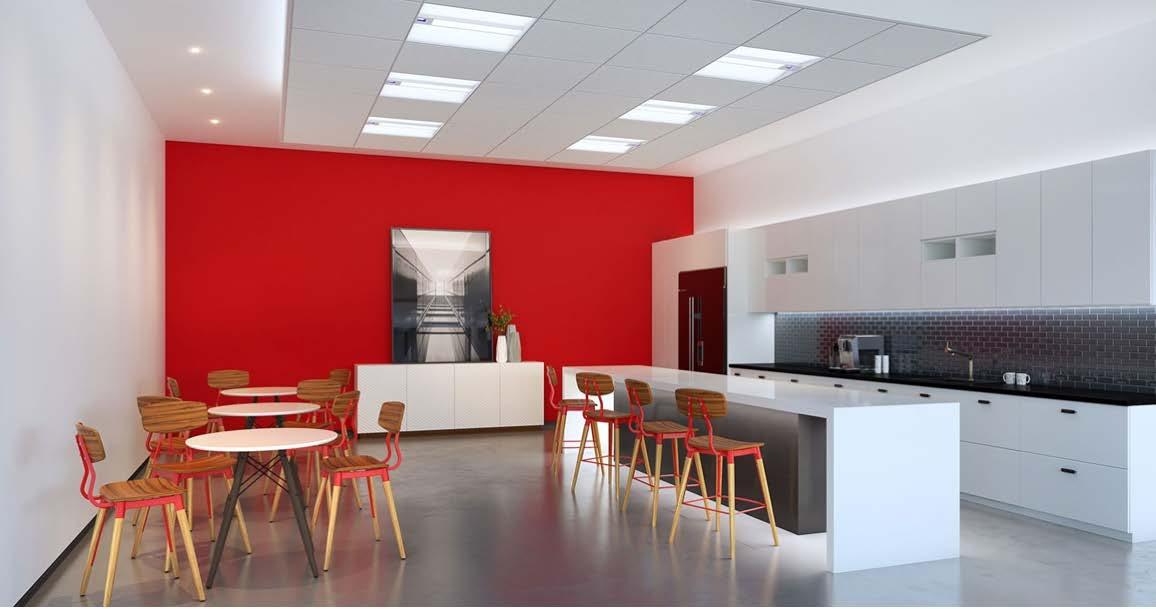

 By Jacob Wright
By Jacob Wright
Supply chain woes are not a sudden development, rather a topic of discussion ever since COVID-19 hit in 2020. But what has been sudden are the new, ever-growing reasons for why the supply chain continues to face challenges.
A brief timeline of supply chain disruptions starts with the height of the pandemic, then the Russia-Ukraine conflict, new outbreaks of COVID in China, and now railroad strikes are a legitimate concern. Most of these were outright unpredictable and all have caused significant damage to the supply chain.
Beginning in early September, the possibility of a nationwide railroad strike loomed over many businesses and industries that rely on rail freight for product delivery. With the rail freight network accounting for roughly 40% of US freight volume, it’s easy to see how a strike would make any earlier improvement in the supply chain seem insignificant.
Thankfully, a deal struck on September 15 between railroads, unions and the Biden Administration ended the present crisis.
The five-year deal included a 24% pay increase, $5,000 in
bonuses and a commitment by railroads to implement more lenient scheduling policies for employees.

However, not all is said and done.
Many railroad workers believe the agreement is intentionally vague and does not meet their demands of personal time off and sick leave without being penalized. This deal only averted a strike from happening until at least September 29. This gives some time for our industry to plan and adjust their logistics strategy in the event that talks fall through, or if Congress is forced to get involved.
Trucking freight is already plenty backed up, especially when it comes to moving product from ports to destination, making alternatives to rail freight very slim. Lighting maintenance contractors should factor in the possibility of even longer lead time for products needed for retrofits and alter or plan maintenance schedules based on ever-evolving lead times and availability.
November LM&M will feature an update on the situation and the ripple effects of the decision yet to come. Stay tuned.
■

Cira

Salona
Salona
TUESDAY P OCTOBER 18,2022
Salona
WEDNESDAY
OCTOBER
Julie Taylor’s career has taken her all over the globe, where her work on complex EV infrastructure projects has given her the expertise to manage a growing portfolio of EV Charging, Battery Storage, and Cyber Security manufacturers and find solutions for customers.
Julie has worked in this space for nine years from ChargePoint and EVBox/Engie to Rexel Energy Solutions. Her roles gave her great exposure to help clients such as The Port Authority of NY and NJ, The City of New York, Raytheon, Lockheed Martin, The United States Army and The United States Navy. She even helped install the first charging station at the White House when Barack Obama was in office. At ChargePoint, Julie worked extensively with the GSA and BPA contract with ChargePoint’s resellers.
Julie has been influential in advising in route analysis, design and build, best technical solutions for every vertical and is here to educate the masses on how to stay ahead of the curve.

Donald Jarecki is Vice President of Business Development at BTCPower responsible for partner relationships new and existing EVSE client relationships.
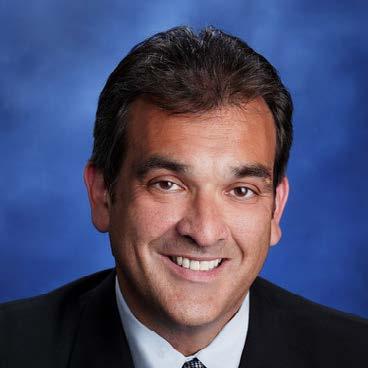
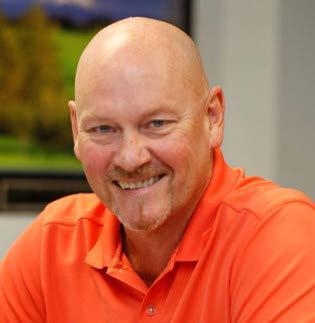
Mr. Jarecki is a 13-year veteran of the EVSE industry beginning in 2009 with BTCPower when it was a supplier of high frequency DC fast charging solutions for industrial market (forklifts). Mr. Jarecki has been involved in the EVSE industry since its early days marketing BTCPower’s first generation charging solutions and has an extensive background in self-service kiosk product management and sales. Mr. Jarecki’s background began as a Vice President of Electronic Data Systems (EDS) Consumer Network Services Division, responsible for managing over 9,000 full-service ATMs generating in excess of $200MM in annual revenue. While at EDS, Mr. Jarecki pioneered the development and implementation of the first ATM advertising program that incorporated full-motion video with sound and garnered “Innovation of the Year” award from Faulkner and Gray. Mr. Jarecki has an MBA and BB from Western Illinois University.
Kim is the Director of Business operations at A&K Energy Conservation, Inc. . Kim came to AKEC from Bombardier Recreational Products where he worked as an engineer for over 20 years testing and validating direct fuel injection systems and fly by wire shift and throttle controls. He works closely with the other members of the Management Team as well as the Field Staff to ensure everyone is up to date on the latest advancements in the lighting industry.
Shortly after coming to A&K Energy, Kim became very involved in the business. After a few years, he decided to study for the Lighting Certification exam given by the National Council on Qualifications for the Lighting Professions (NCQLP). Kim successfully completed the exam and earned his LC certification. He currently holds his Certified Lighting Management Consultant (CLMC), Certified Lighting Energy Professional CLEP, and Certified Lighting Controls Professional (CLCP) certifications.
Kim has always been driven by technology. He is a first adopter of anything cutting edge that is electric or electronic. When he started to read and hear more and more about Electric Vehicles (EV), he knew there would be a need for a much larger charging network than what was available then. Kim began to focus most of his time and energy toward learning as much as he could about anything EV. This led to a new Division of A&K Energy that would later become A&K EV Solutions. Today, Kim spends most of his time in learning and advancing A&K EV Solutions and making sure everyone there is ready for what is sure to be a great opportunity as Electric Vehicles, and the need to charge them, continues to enjoy exponential growth.
Bio: Dr. Chris Kuehl serves as Armada’s Chief Economist working with a wide variety of private clients and professional associations over the last 21 years. He serves as the Chief Economist for several national business associations. He is also the Economic Analyst for the Fabricators and Manufacturers Association and writes their bi-weekly publication, Fabrinomics, which details the impact of economic trends on manufacturers.
Chris is one of the chief editors for the Armada Flagship Brief, which hits several thousand business executives three times a week.
As a popular keynote speaker, he makes approximately 100 presentations each year to business and industry associations in the US and overseas.
Chris has a doctorate in Political Economics and advanced degrees in

Soviet Studies and Asian Studies and was a professor of international economics and finance for over 15 years prior to starting Armada.
Session Title: Now What? - The Economy in 2002 and Beyond


Session Description: After three years of "black swans" and tumult what can we expect? Inflation is the issue of the day but will controlling it lead to recession? What happens in the energy market and will the supply chain chaos ease? What about the chronic concerns revolving around labor shortage, shifting consumer patterns, debt and the like?
Bio: Dr. Cara Sidman has been a health and wellbeing educator, researcher, facilitator, speaker, and practitioner for over 24 years, earning three academic degrees in health-related disciplines. After successful completion of her undergraduate and graduate education in North Carolina, followed by work in corporate wellness, Cara earned her PhD from Arizona State University in curriculum and instruction with a concentration in exercise and wellness in 2002, and immediately began her now 20-yr academic faculty career at James Madison University. She later taught at the University of Wisconsin Whitewater, and eventually returned to join her former professors as a faculty colleague in 2007 at her alma mater, the University of North Carolina Wilmington. She earned tenure in 2011 and began shifting her teaching and research focus from physical activity and wellness to happiness and well-being, where they remain. She returned to Arizona in 2016 as a faculty member in the College of Health Solutions, and currently serves as a Clinical Associate Professor creating and teaching engaging well-being concepts and skills in the online format. Cara is an emerging leader in the education and promotion of an integrated skills-based approach to well-being focused on training the mind for greater awareness, connection, insight, and purpose. Her goal is to creatively inspire and help others explore, learn, and apply key socialemotional skills and mindfulness practices to improve work-life integration and well-being.

Session Title: Well-Being as a Skill: Training your Mind






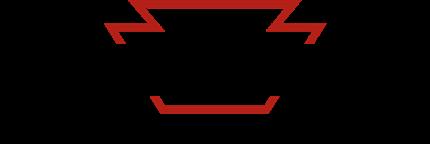
Session Description: This presentation will begin with a conversation and factors influencing wellbeing, followed by a brief overview of its diverse benefits to social, emotional, and physical health. Widely documented, yet under practiced, skills-based approach to well-being will be presented, focused on ways to improve each of its four pillars:
1. Awareness
2. Insight
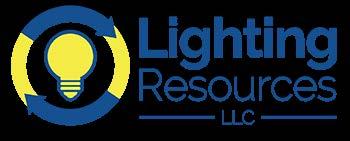
Connection
Purpose

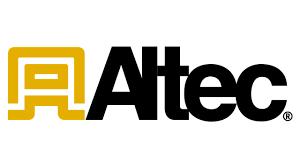
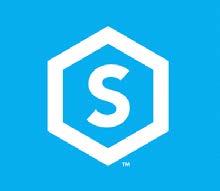




CALT
Mario Arosemena, CALT M&M Lighting LLC
CALT
Alex Ramirez, CALT M&M Lighting LLC
CALT
Nick Shaiyah, CALT M&M Lighting LLC
CALT
Elliot Valdez, CALT M&M Lighting LLC
CALT
Irvin Valdez, CALT M&M Lighting LLC
CALT
Ivan Valdez, CALT M&M Lighting LLC
CALT
Kyle Zempich, CALT M&M Lighting LLC
CLCP
Mateo Berrio, CLCP Optics Lighting
CALT
Yvonne Ramirez Galvan, CALT RAM Electrical Contractors Inc
CSLT
Sergio Davila, CSLT SitelogIQ
CALT
Steven Lynn Soza, CSLT SitelogIQ
CSLT
Billy Lee Nathan, CSLT Southwest Signal Service
CALT
Ashley Fox, CALT Streamlinx
CSLT
Earl Belfrey, CSLT Virtue Electric LLC
CALT
Gilmar Monzon, CALT Vista Universal, Inc.
CALT
Kapuha Sablan, CALT Vista Universal, Inc.
CALT
Joseph Ayon, CALT Willdan Energy Solutions
CALT
Douglas Thomas Bamrick, CALT Willdan Energy Solutions
CALT
Maeve Byrne, CALT Willdan Energy Solutions
CALT
Alex Jose Cordero, Sr., CALT Willdan Energy Solutions
CALT
Kellee Cox, CALT Willdan Energy Solutions
CALT
Roberto Doroteo, Jr., CALT Willdan Energy Solutions
CALT
Evelyn Duran, CALT Willdan Energy Solutions
CALT
Daniel Flamhaft, CALT Willdan Energy Solutions
CALT
Jonathan Galeano, CALT Willdan Energy Solutions
CALT
Albert Galvan, CALT Willdan Energy Solutions
CALT
Chris Green, CALT Willdan Energy Solutions
CALT
Rayquan A. Harding, CALT Willdan Energy Solutions
CALT
Gonzalo Isaza, CALT Willdan Energy Solutions
CALT
Robert John Lopez, CALT Willdan Energy Solutions
CALT
Maria C. Marquez, CALT Willdan Energy Solutions
CALT
Jeff Mclaughlin, CALT Willdan Energy Solutions
CALT Eric Minerd, CALT Willdan Energy Solutions
CALT
Irina Oscal, CALT Willdan Energy Solutions
CALT
Marvin Esau Oscal, CALT Willdan Energy Solutions
CALT
Matt Regner, CALT Willdan Energy Solutions
CALT
Moises Rosales, CALT Willdan Energy Solutions
CALT
Jami Barnhill Snow, CALT Willdan Energy Solutions
CALT
Janet J. Vega, CALT Willdan Energy Solutions
CALT
Raymond Wong, CALT Willdan Energy Solutions
CALT
Mario Abraham Alvarado, CALT Willdan Energy Solutions - California
CLCP
David Henriquez, CLCP Williams Engineering
Freshly graduated out of “Industrial Distribution”, a Texas A&M program that is part engineering, part MBA, Frank Agraz was faced with a choice of job offers from three companies. One was a bearings distributor, another was a paper company (think Dunder Mifflin), and the other was a lighting maintenance company. Agraz recalls weighing his options at the time and thinking that “light bulbs are always going to burn out and someone’s going to need them” –choosing a path that brought him into both the existing building retrofit world and the lighting community.
The lighting maintenance business was then in a period of transformation. The introduction of T8 fluorescent lamp technology created opportunities to expand from simply maintaining customers’ lighting systems with the same old lamps to instead providing an upgraded lighting solution along with
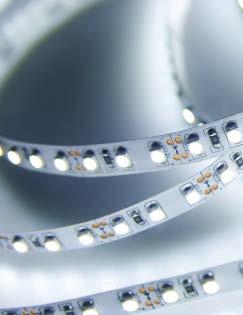
a multi-year maintenance contract –becoming higher value partners as lighting management companies instead of lighting maintenance companies.
“To sell it, you had to know it”, says Agraz of lighting technology, and he immersed himself in his lighting education, attending every LightFair since 1993, joining and participating in NALMCO (iNternational Association of Lighting Management COmpanies) and the IES (Illuminating Engineering Society). His contributions over a dozen years on the content of certification exams through the NCQLP, which oversees the LC (Lighting Certified) credential, provided an opportunity to bring crucial lighting management content into the exam, as well as to gain an education in all the needs of the other roles in lighting – architect, electrical engineer, contractor, and others. A positive trend noted by Agraz is the expansion of technical and professional certifications by NALMCO –for example, Certified Lighting Controls Professional for those working in advanced lighting controls.
Agraz faced one of his biggest challenges in starting his own lighting management company, just ahead of the 2008 economic crisis, with another colleague. Through those challenging times they found a path to thrive in the transition to LED, eventually selling the business in 2017 to OSRAM.
Now with Eco Engineering, Inc., Agraz is Director, C&I Engineering. He leads a team of auditors and lighting developers
who form a hub between the company’s sales and operations teams, developing solutions, preparing packages, serving as a resource on technology to both teams. Eco Engineering was born as a lighting-only provider in the early nineties and has now branched into sustainable energy, adding solar, EV charging and backup generators to their offering – helping clients with sustainable energy production as well as energy conservation.
Reflecting on the key issues facing lighting management companies, Agraz talked about “the race to zero watts” as efficacy improvements in LED technology have driven the typical fluorescent luminaire from using around 192 watts down to 32 watts and now lower. While there is a one-time massive opportunity for energy savings in upgrading from legacy sources to LED, now that much of the building stock has been upgraded to LED lighting, the question becomes: What’s next? In dealing with existing buildings that are already using LED lighting, there is challenge in funding the lighting upgrade through the traditional means of energy savings. The upgrade solution cost stays the same while the opportunity for saving energy (the denominator in the cost/savings equation) is now very small. Agraz sees the next opportunity as selling the value proposition of “better lighting”, including any or all of - advanced lighting controls, health and wellness, or increased productivity. He adds that these elements of “better lighting” need to be substantiated to the customer with measurement and verification, giving the example of a
health and wellness lighting solution that “decreases your average patient stay from 3 days to 1.5 days.”

Agraz has been on the IES Board of Directors for several years, and recently stepped up to the role of President of the IES. His number one goal in leading the 116-yearold not-for-profit organization, following two financially challenging pandemic years, is to make sure that the IES remains healthy and continues to be a lighting community leader. Speaking recently to emerging professionals at the IES Annual Conference, Agraz shared his advice for young people and those new to the lighting community. First, join an organization: NALMCO for those in the retrofit side of the lighting world, and IES, a great complement to NALMCO. Second, get to know your role and the role of all the other players in the lighting community. Third, find a mentor who is in the lighting community to help you find out not only what to do, but what not to do! And finally, try to find the sweet spot of work –where there is an overlap between something you love, something you’re good at, and something that pays well. It’s advice that continues to serve Frank Agraz well in his lighting
